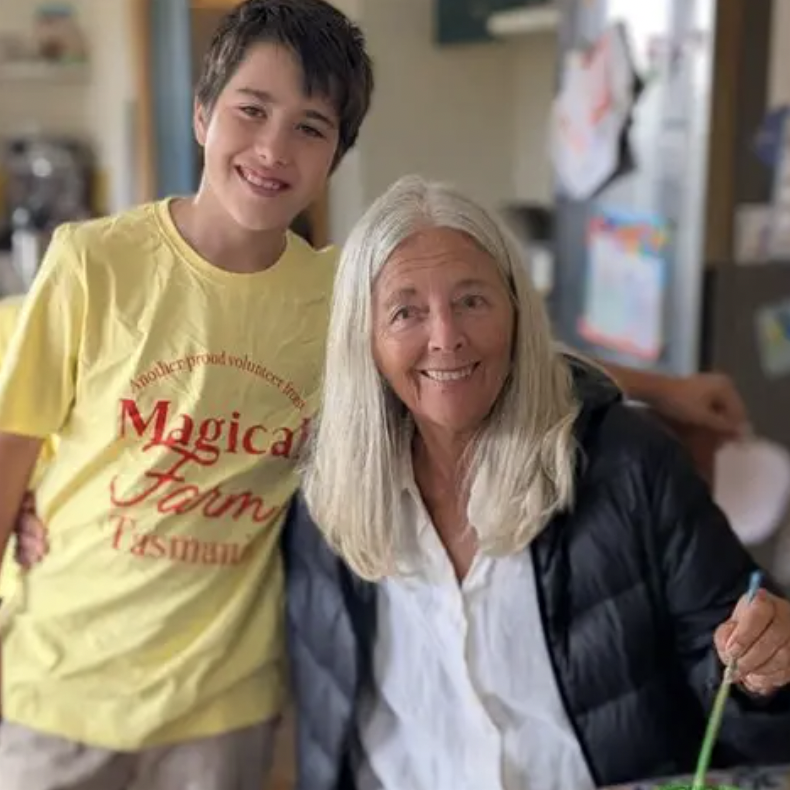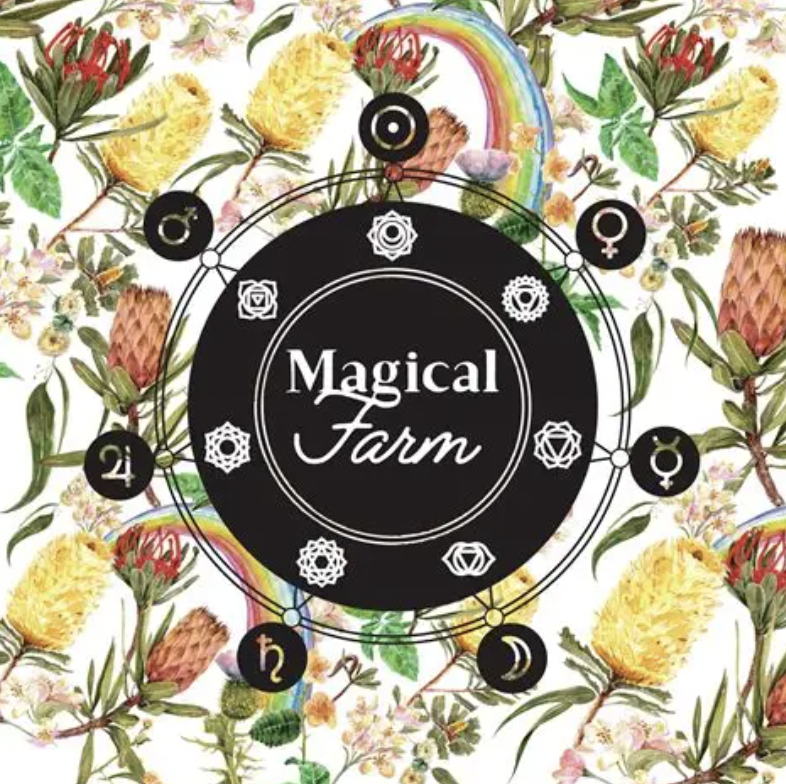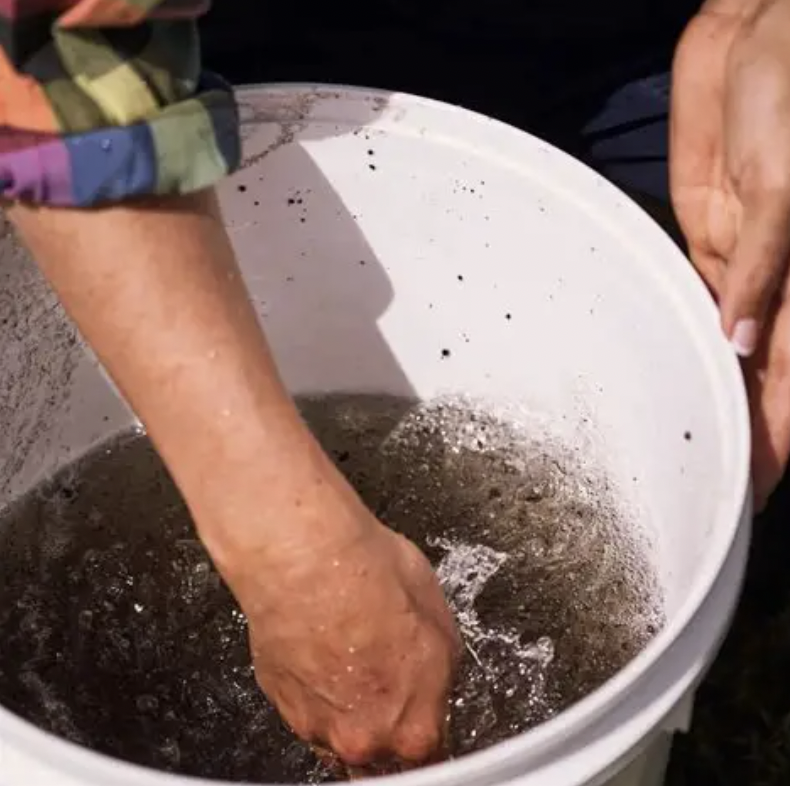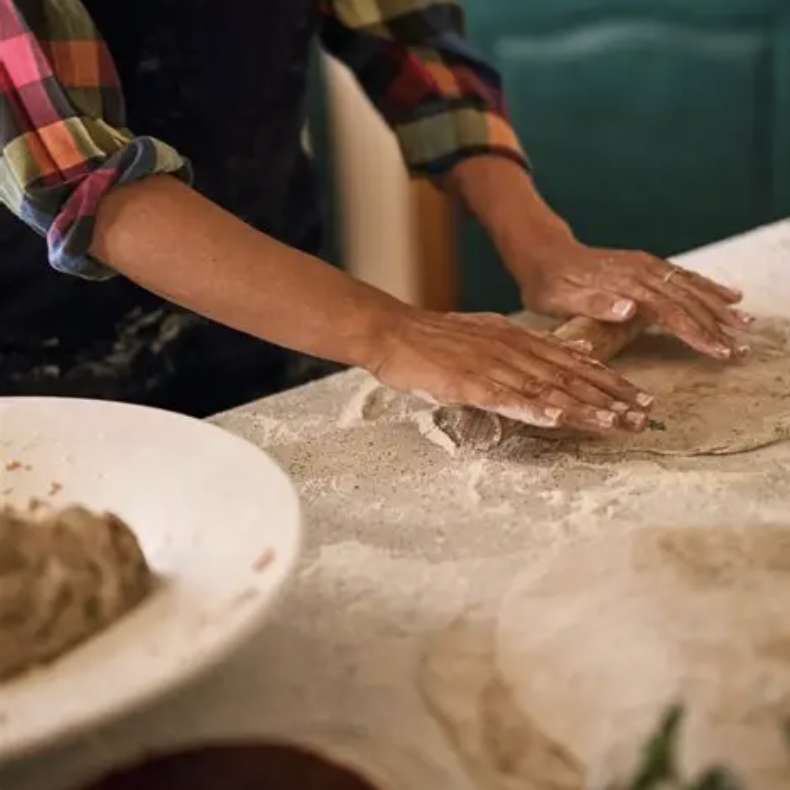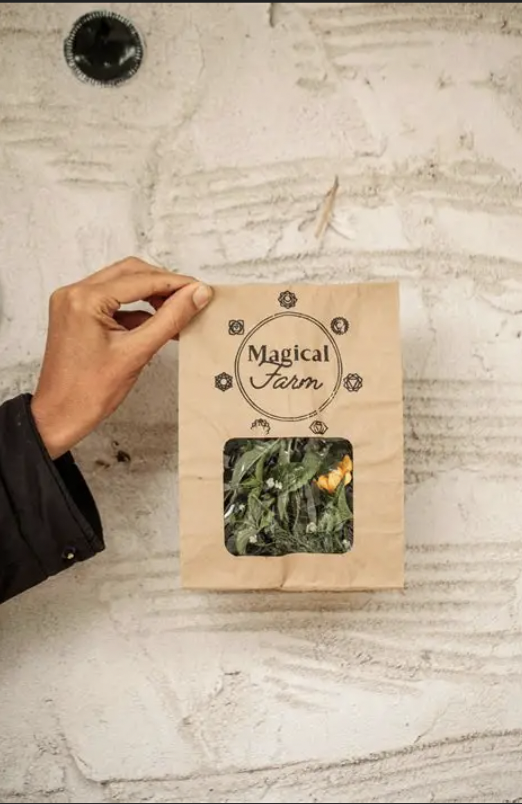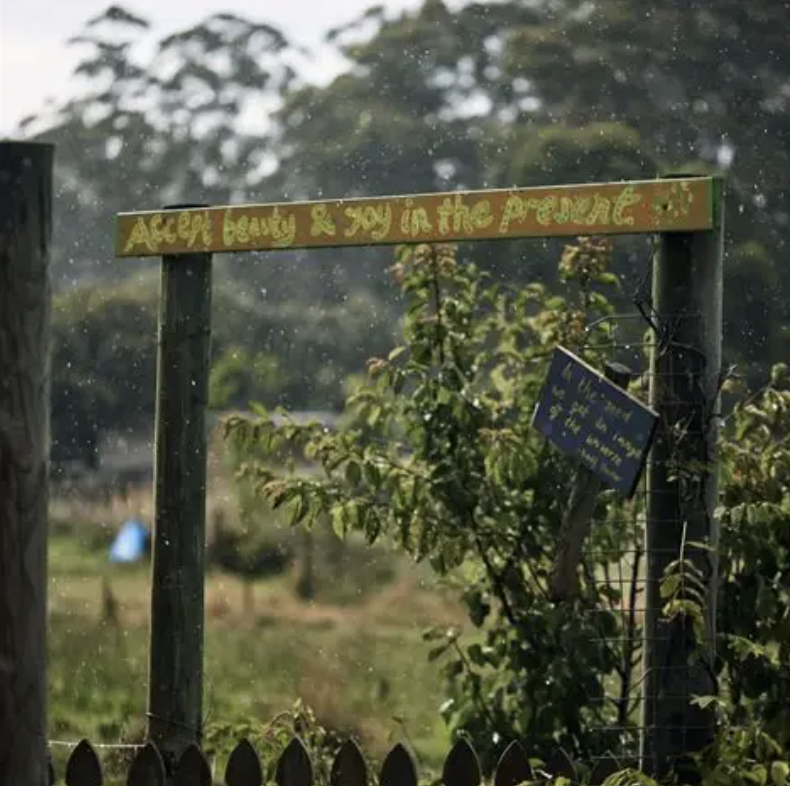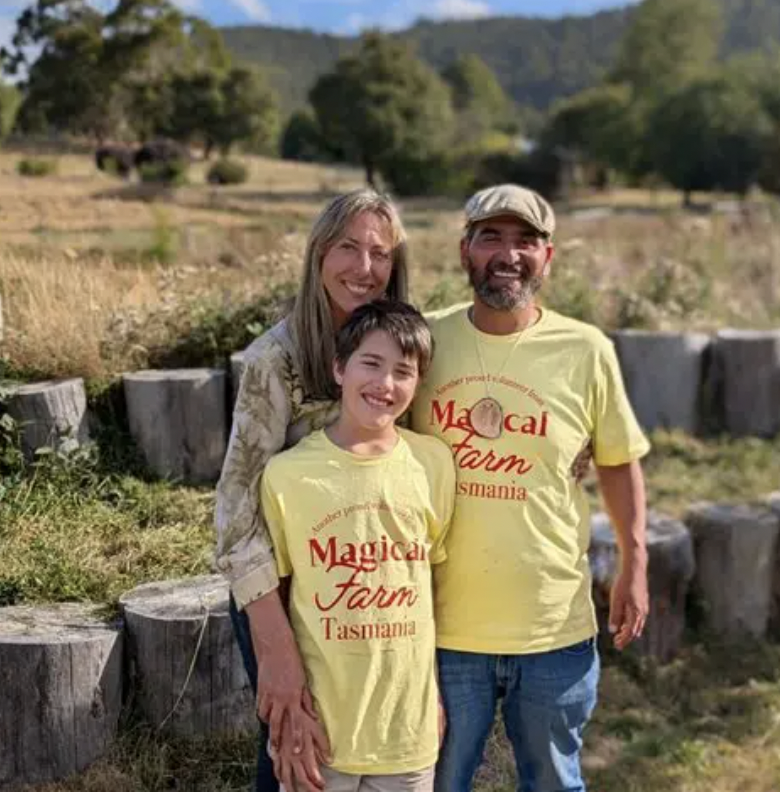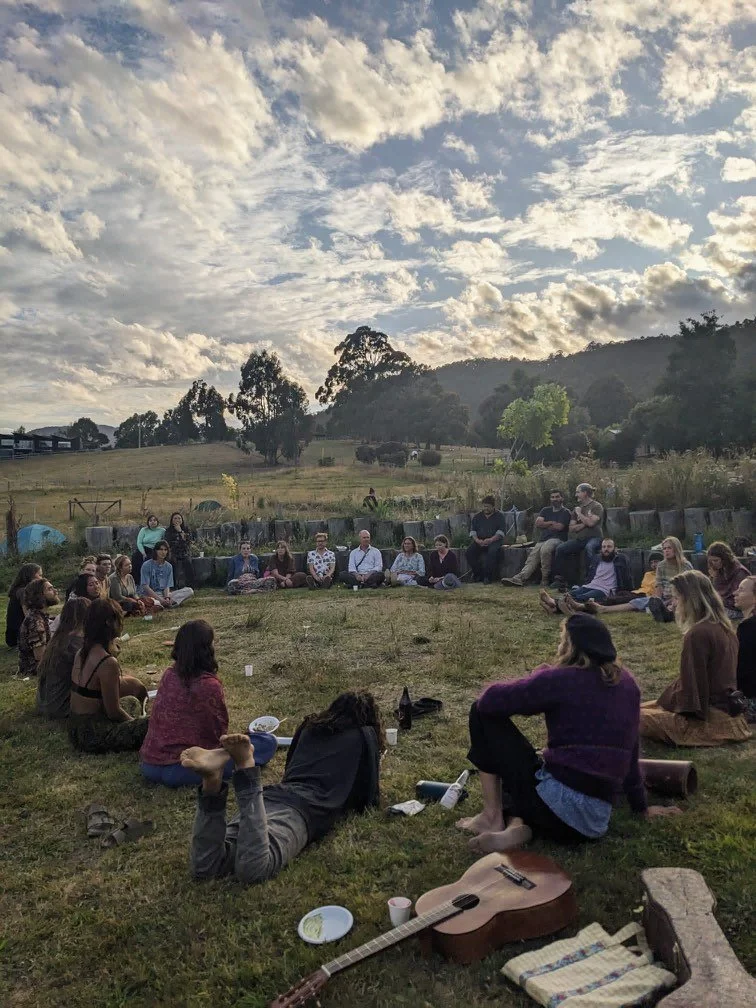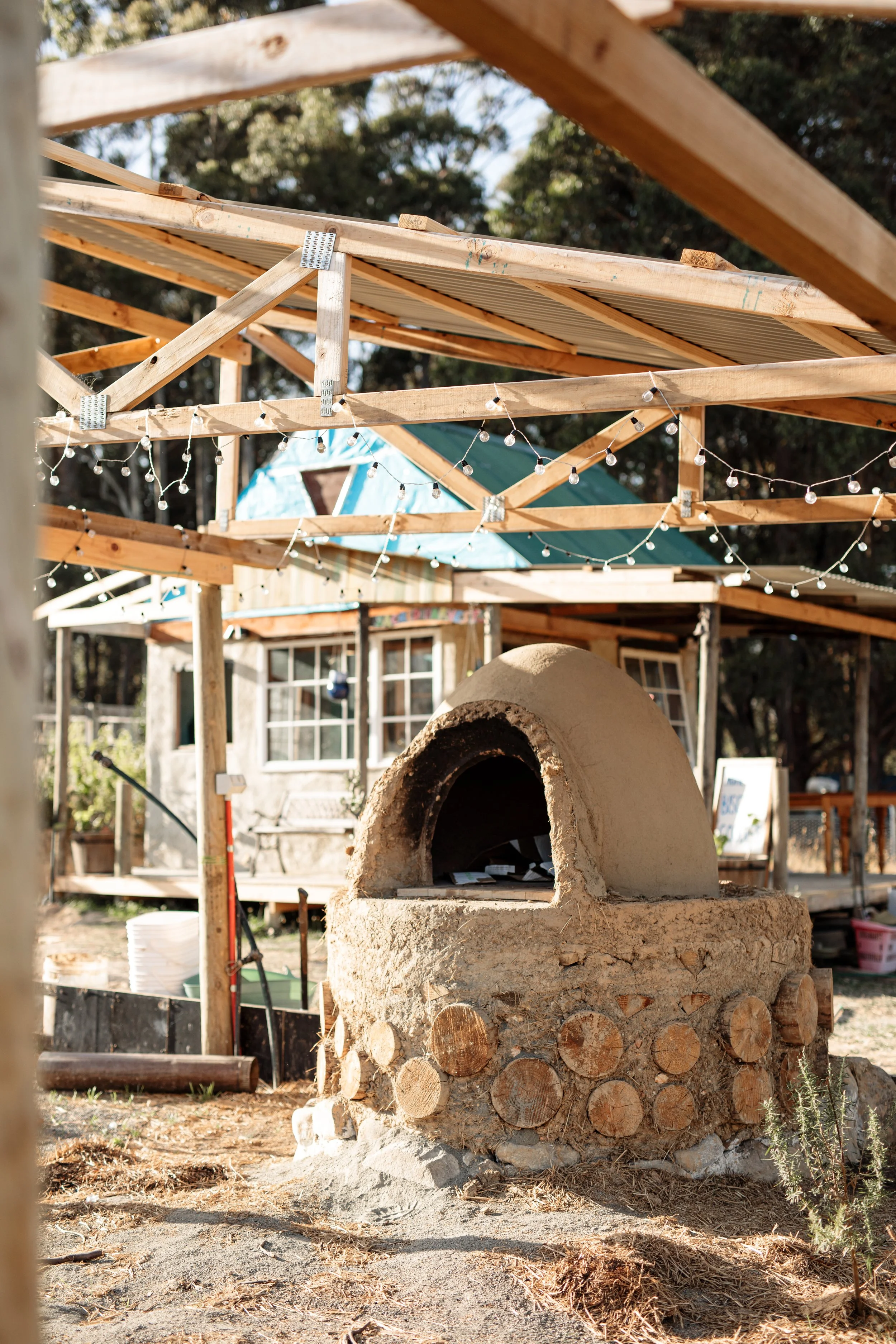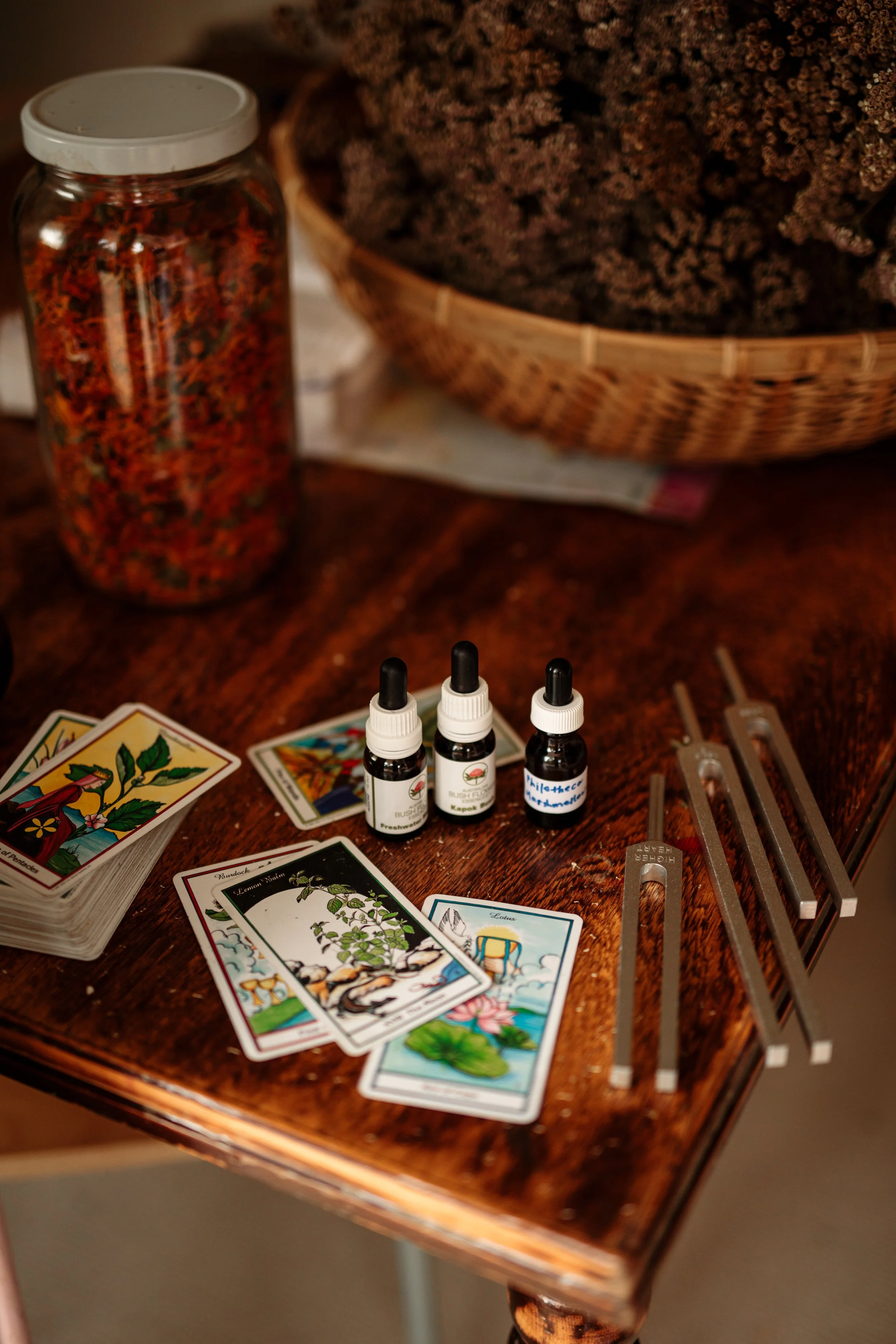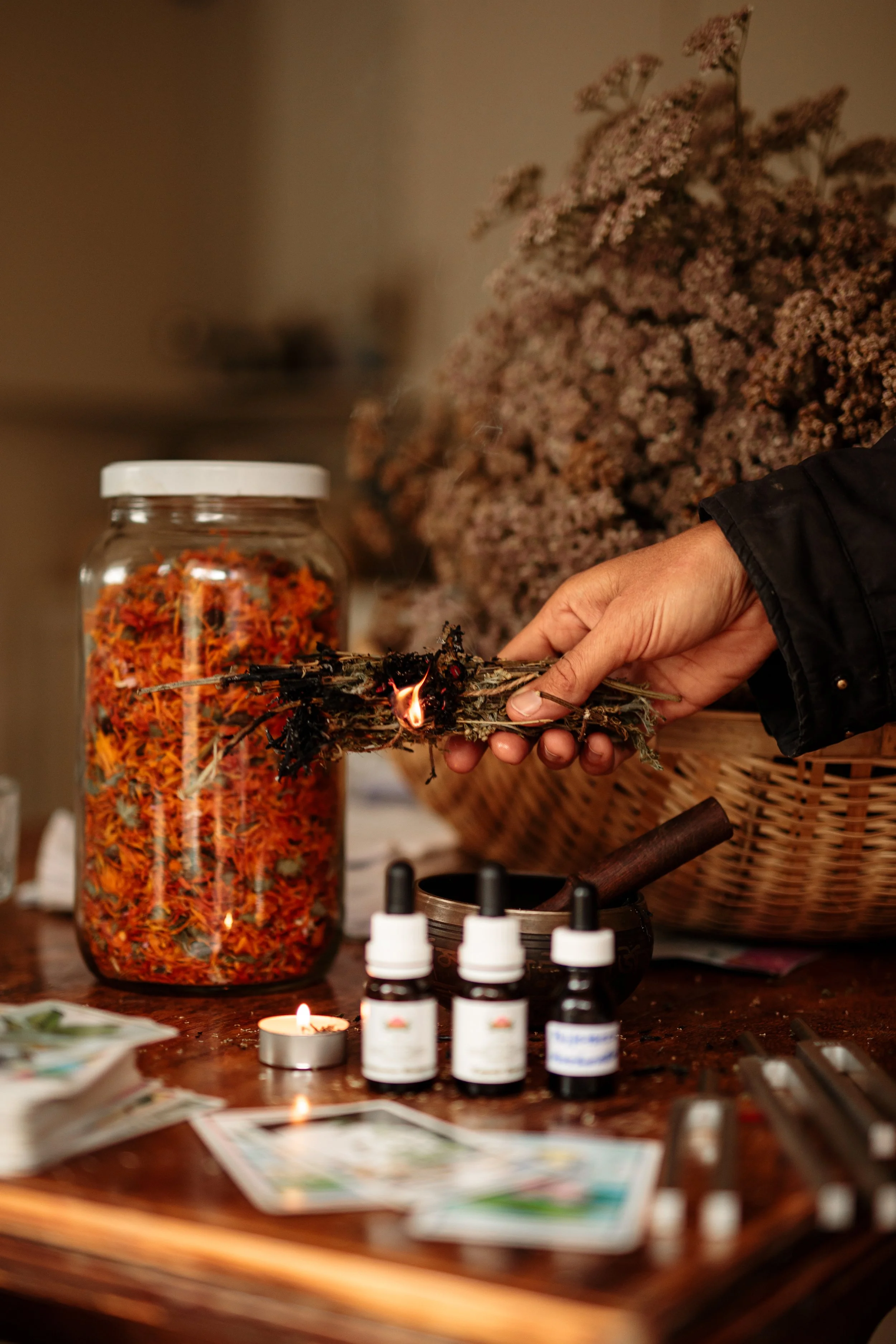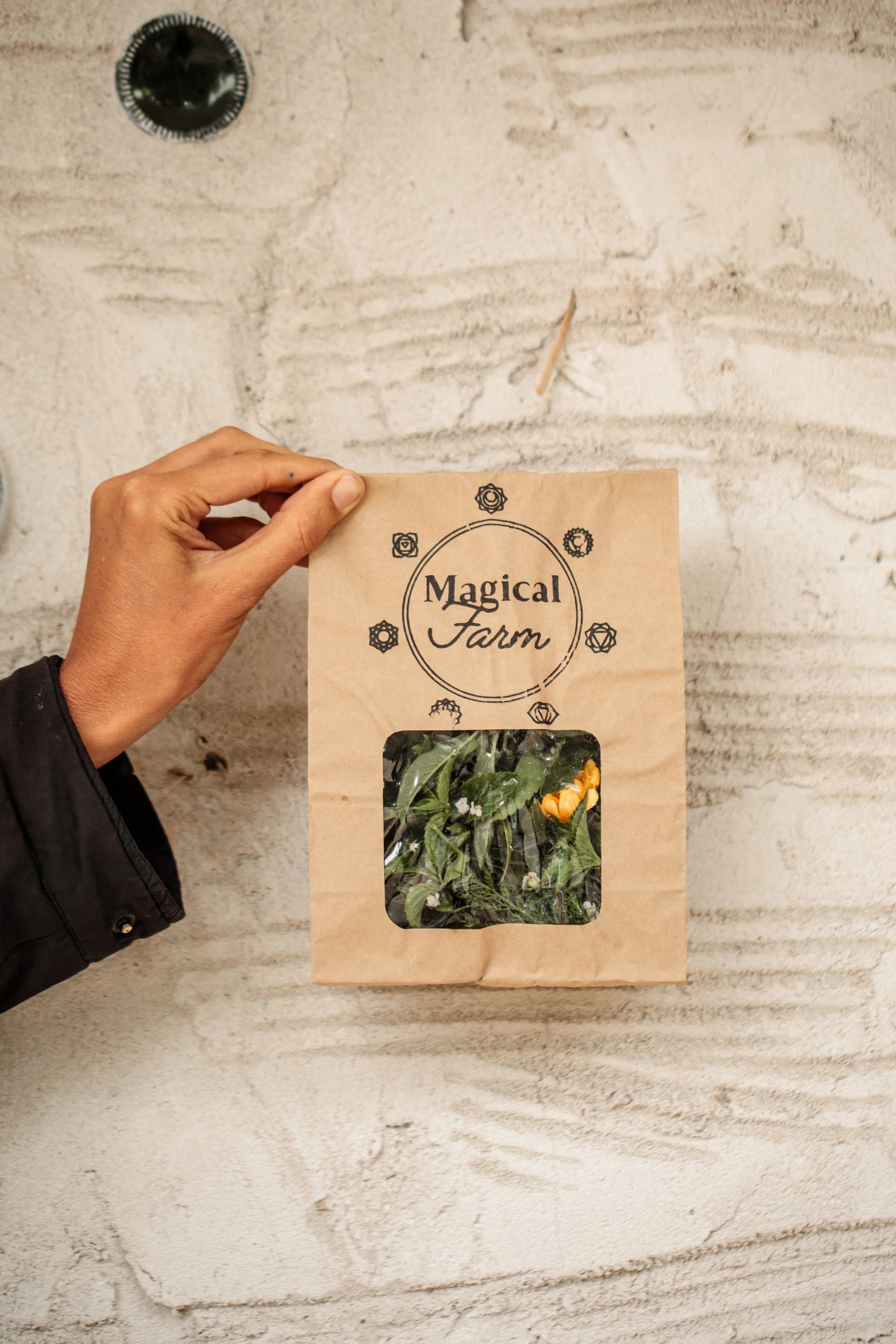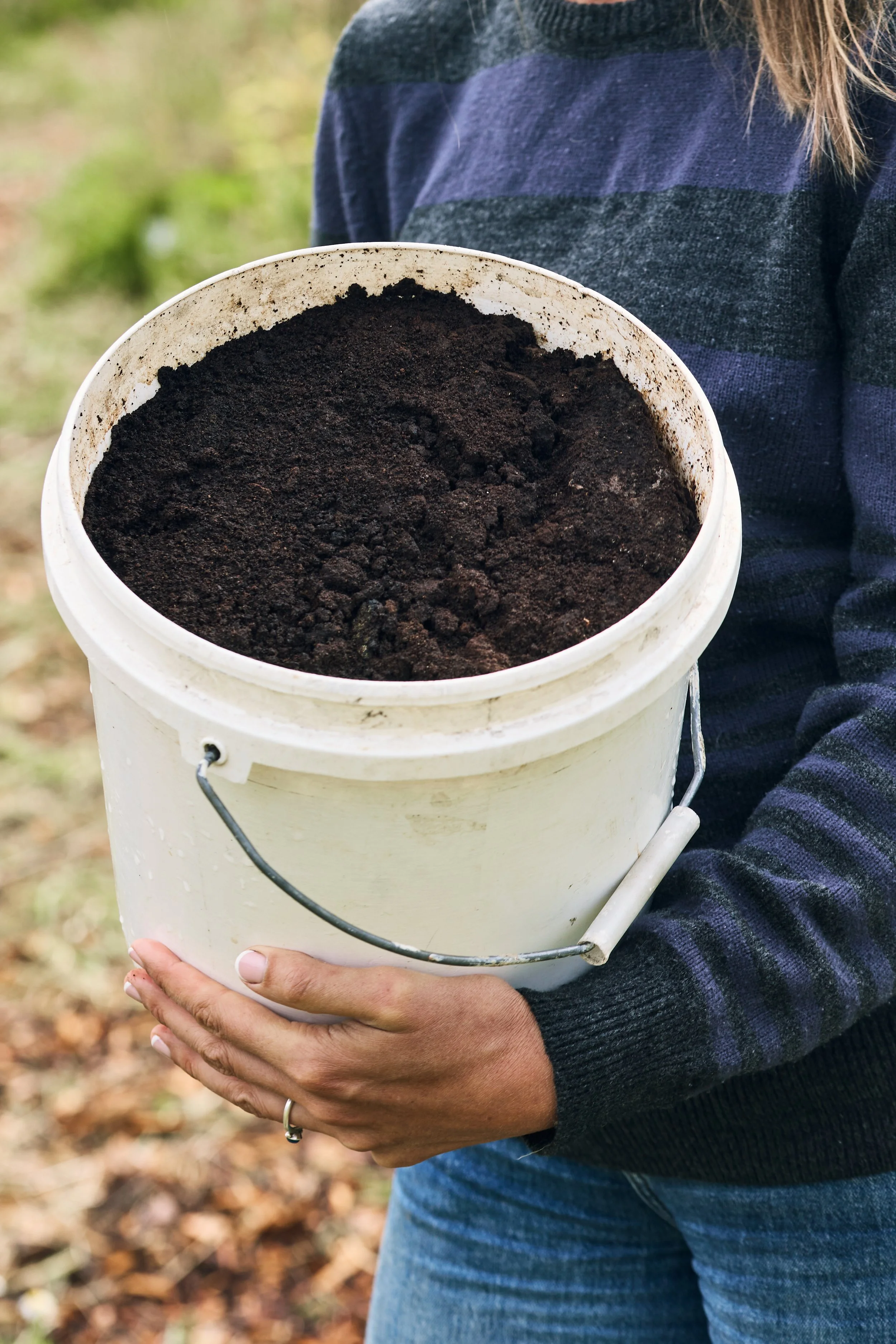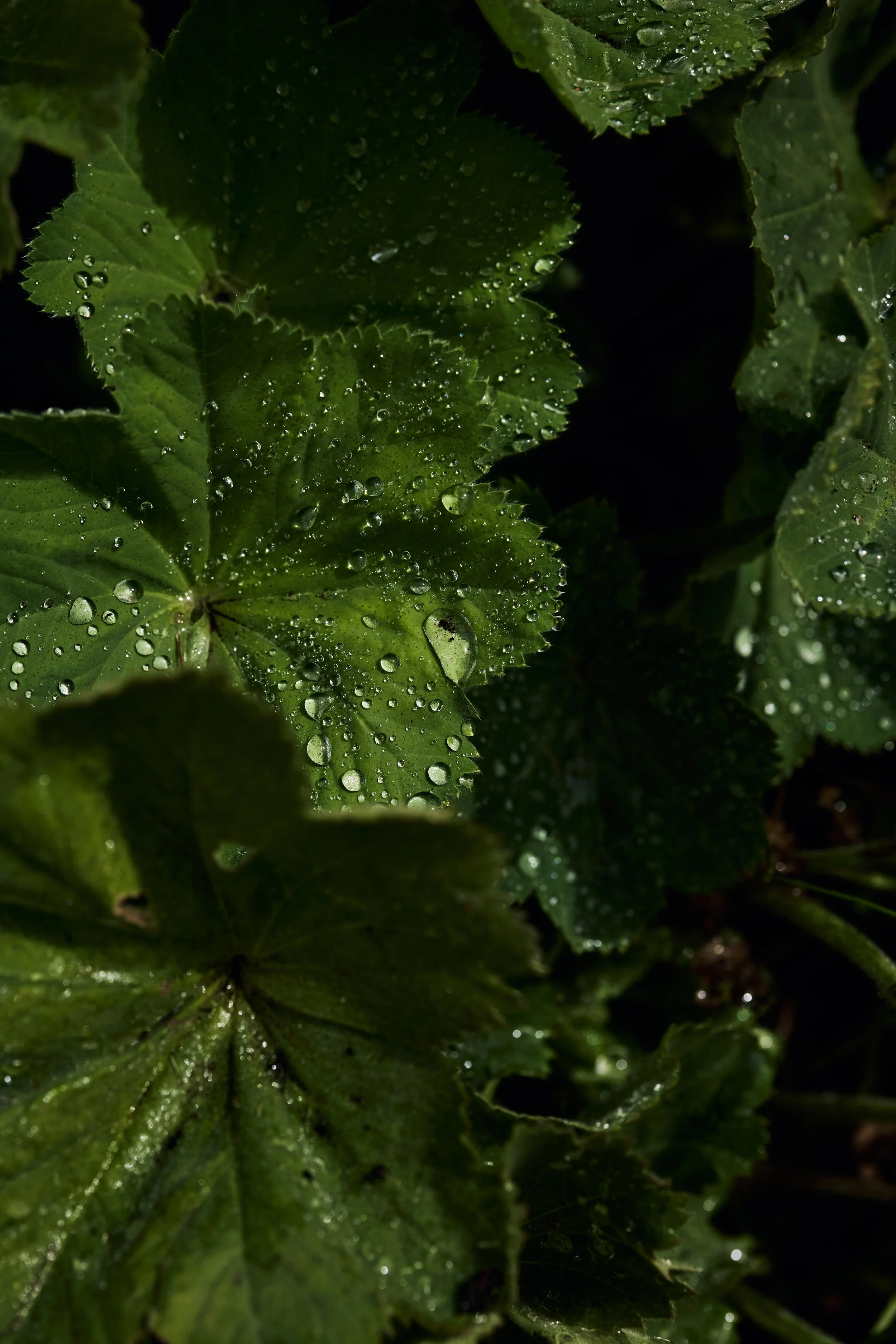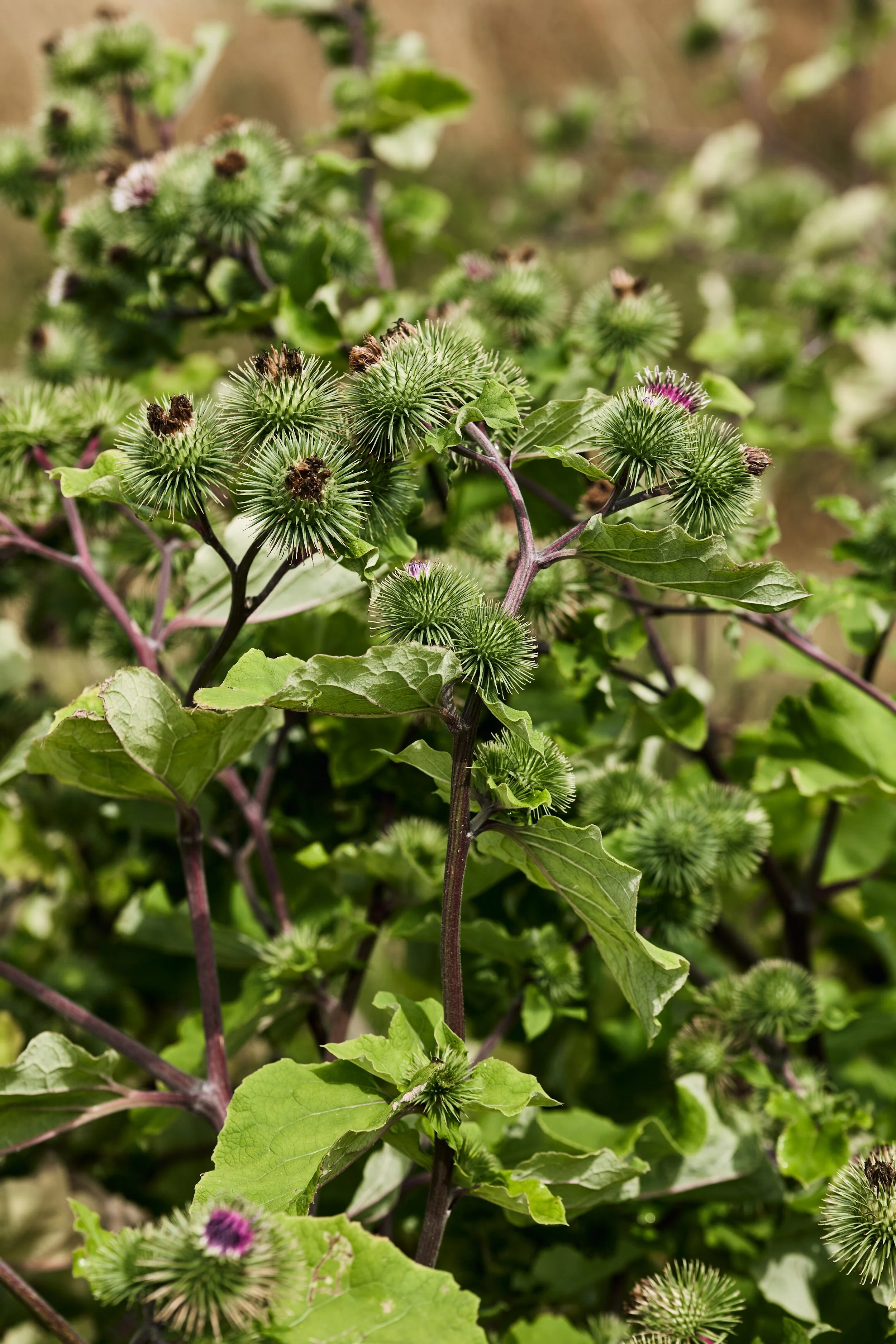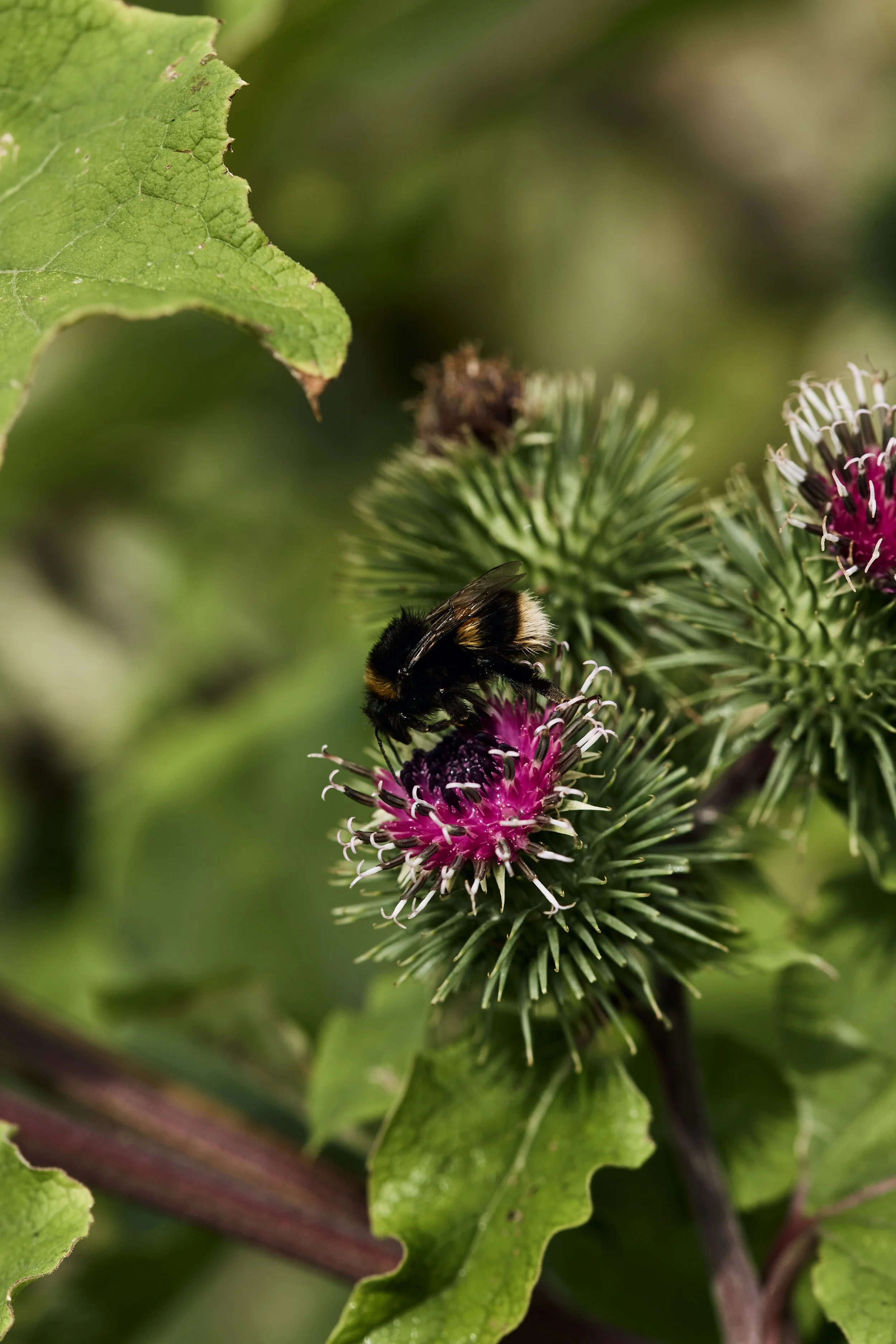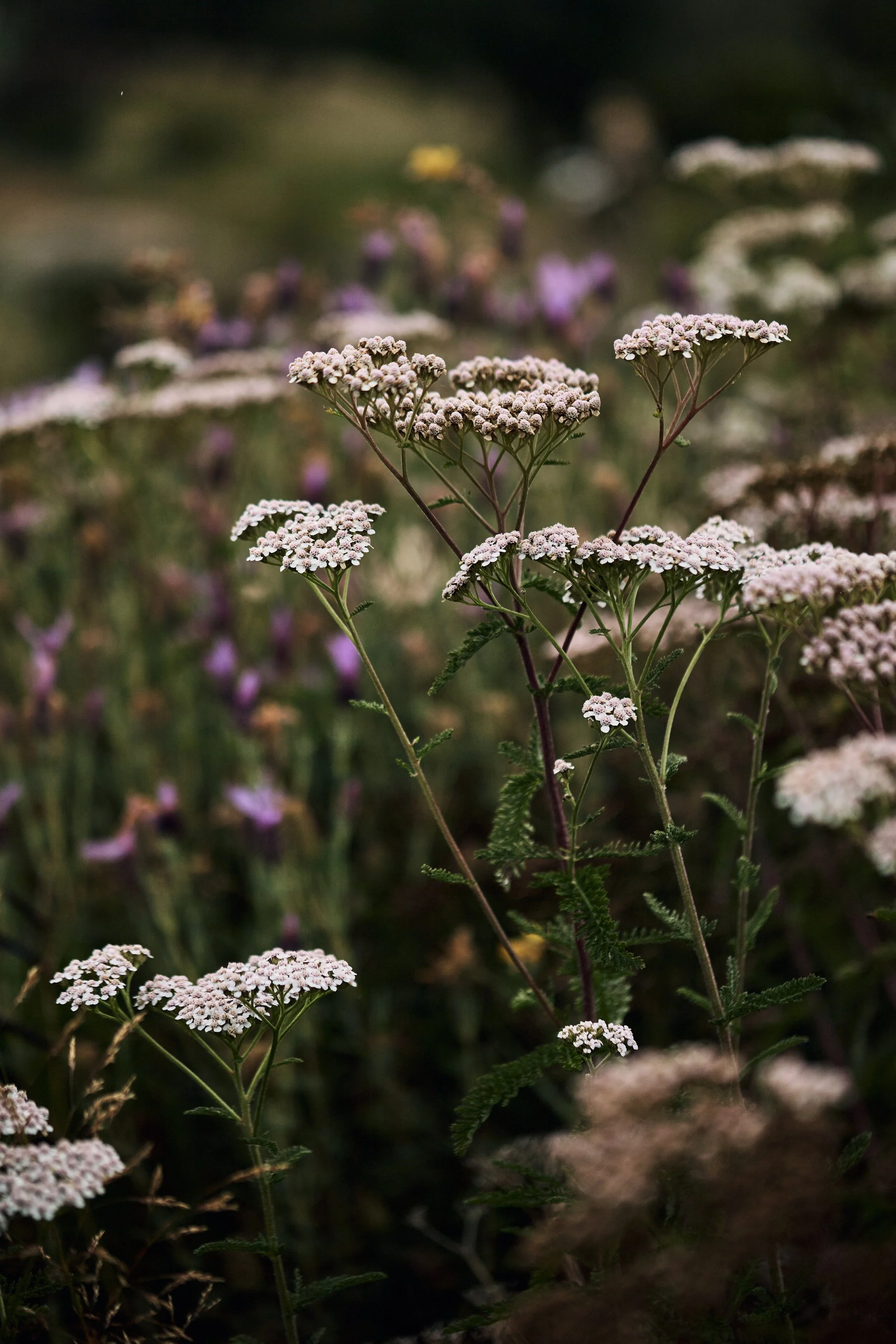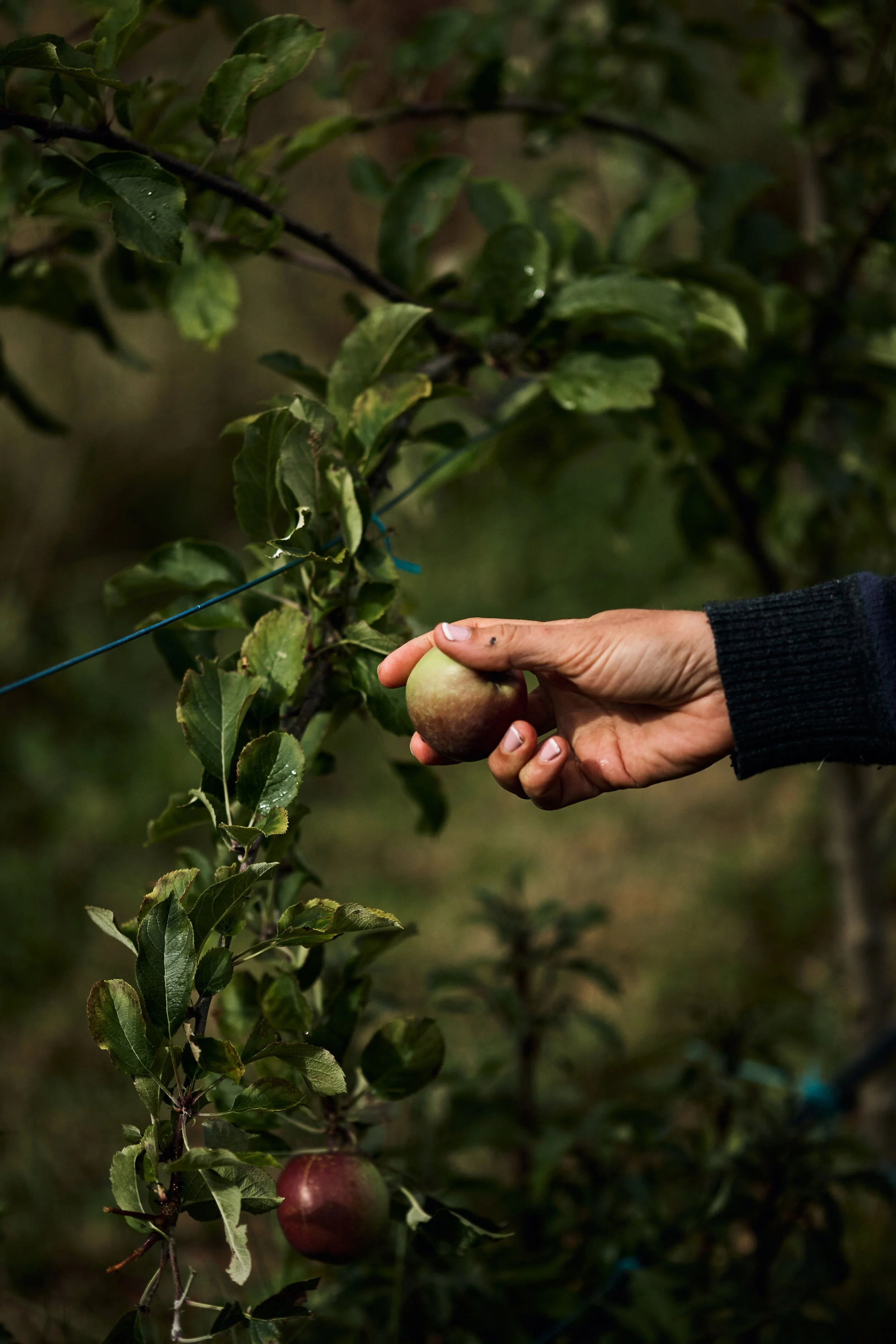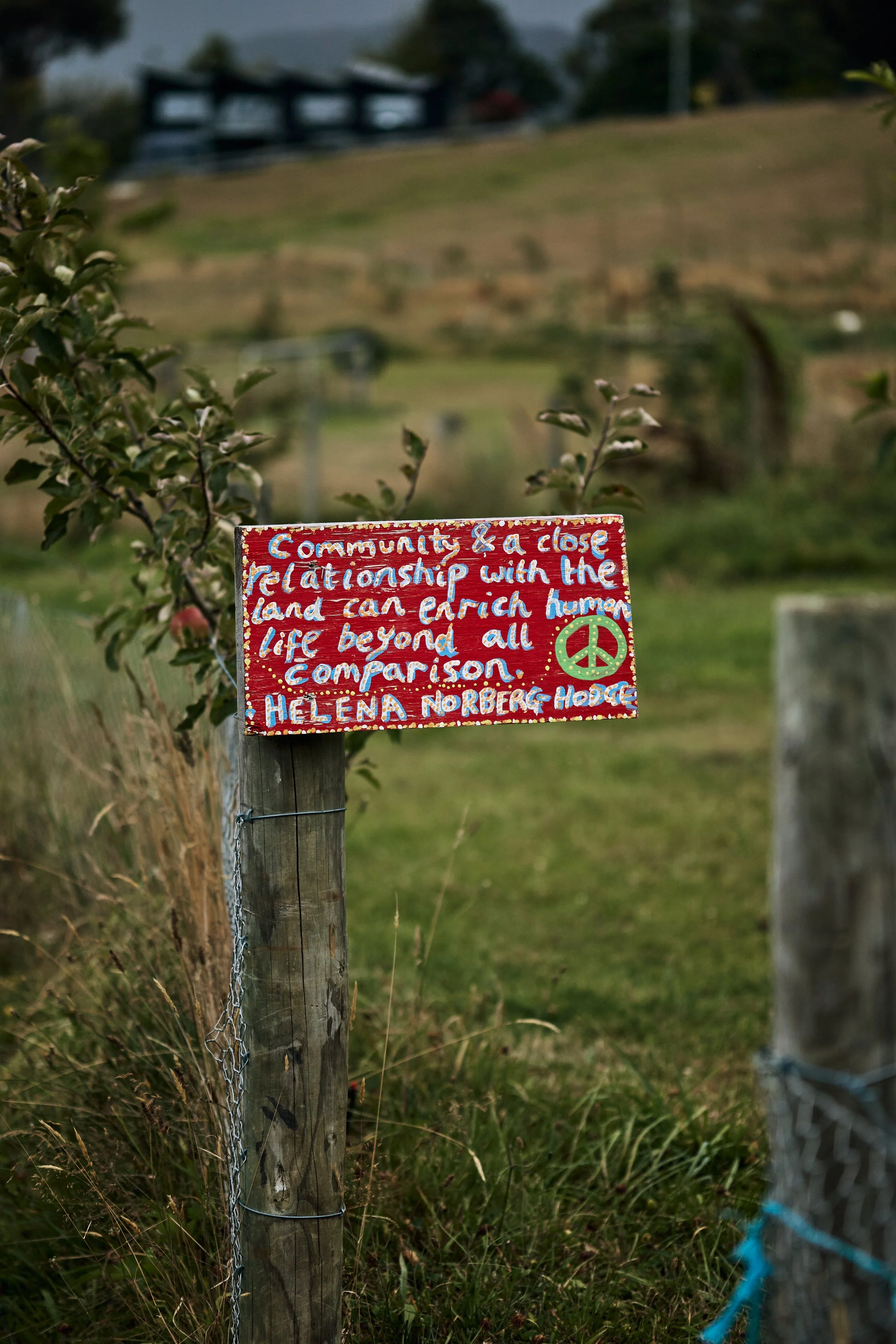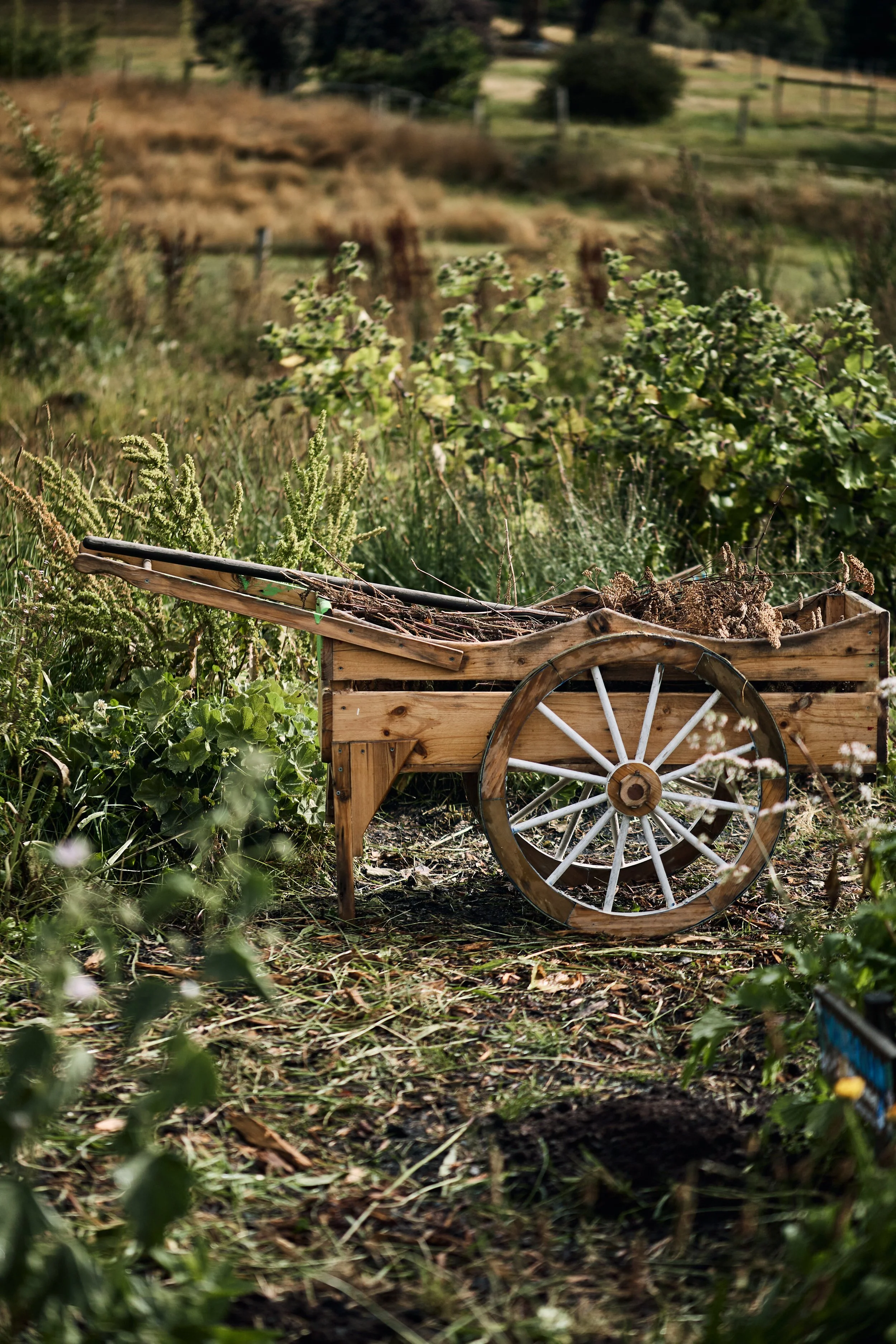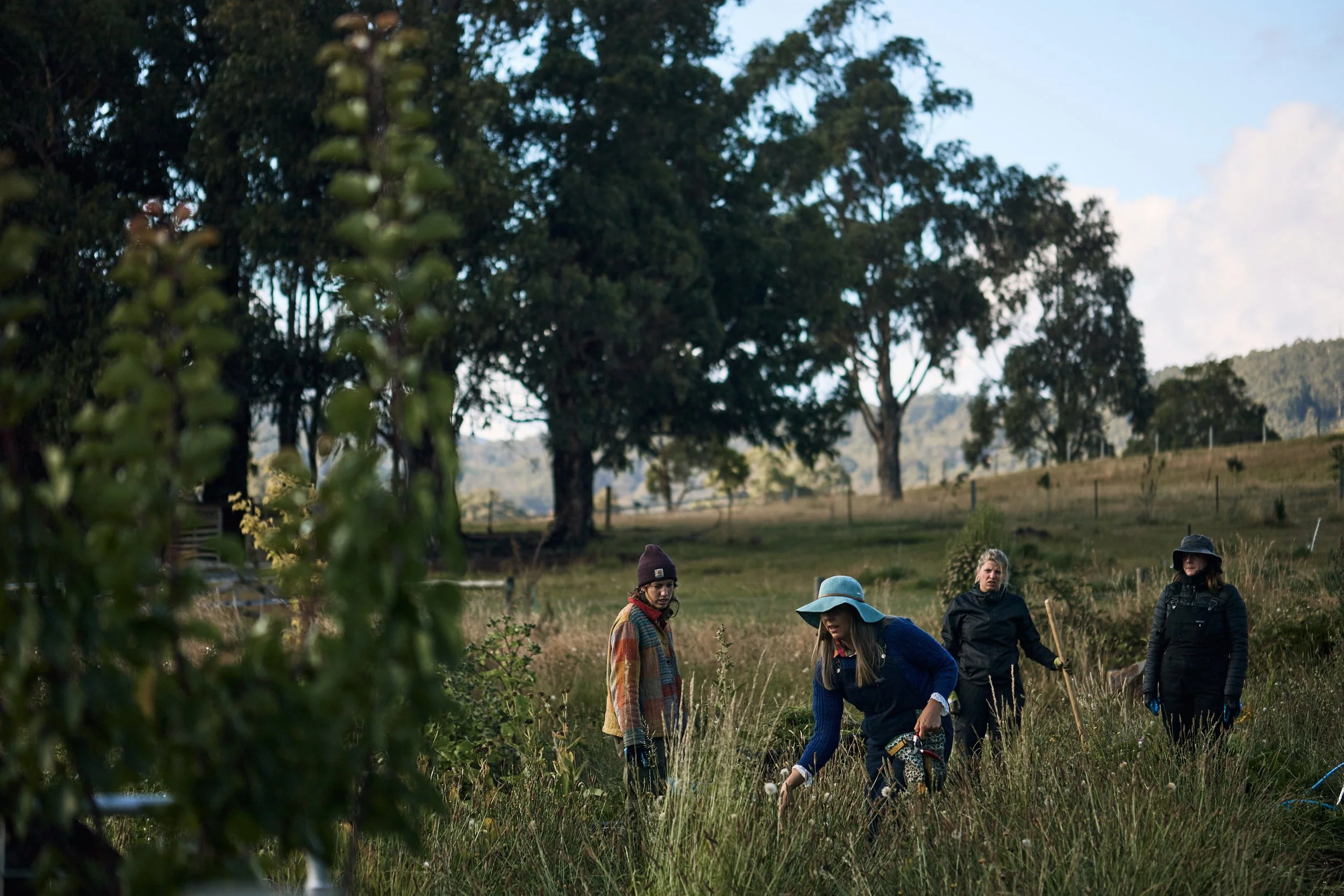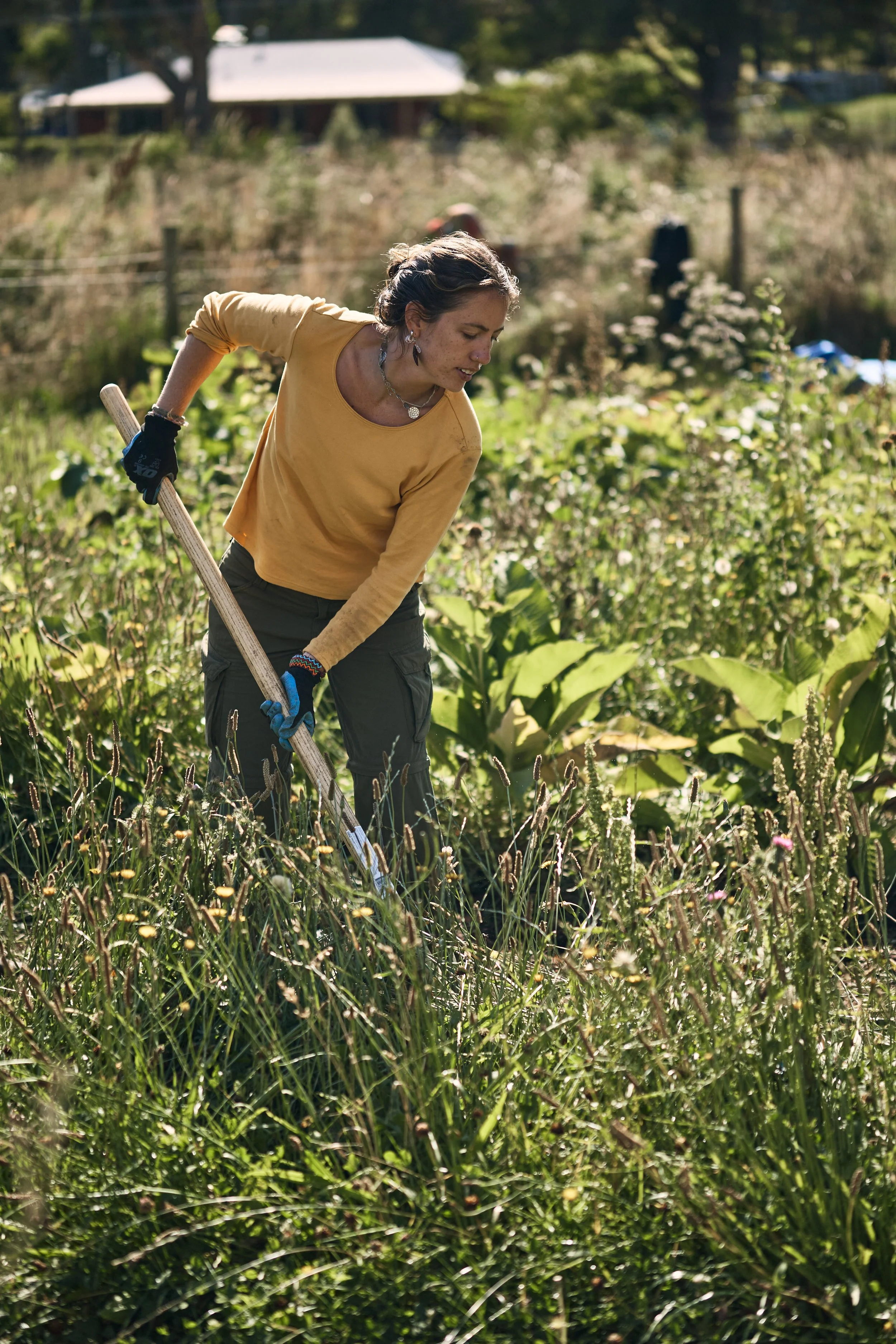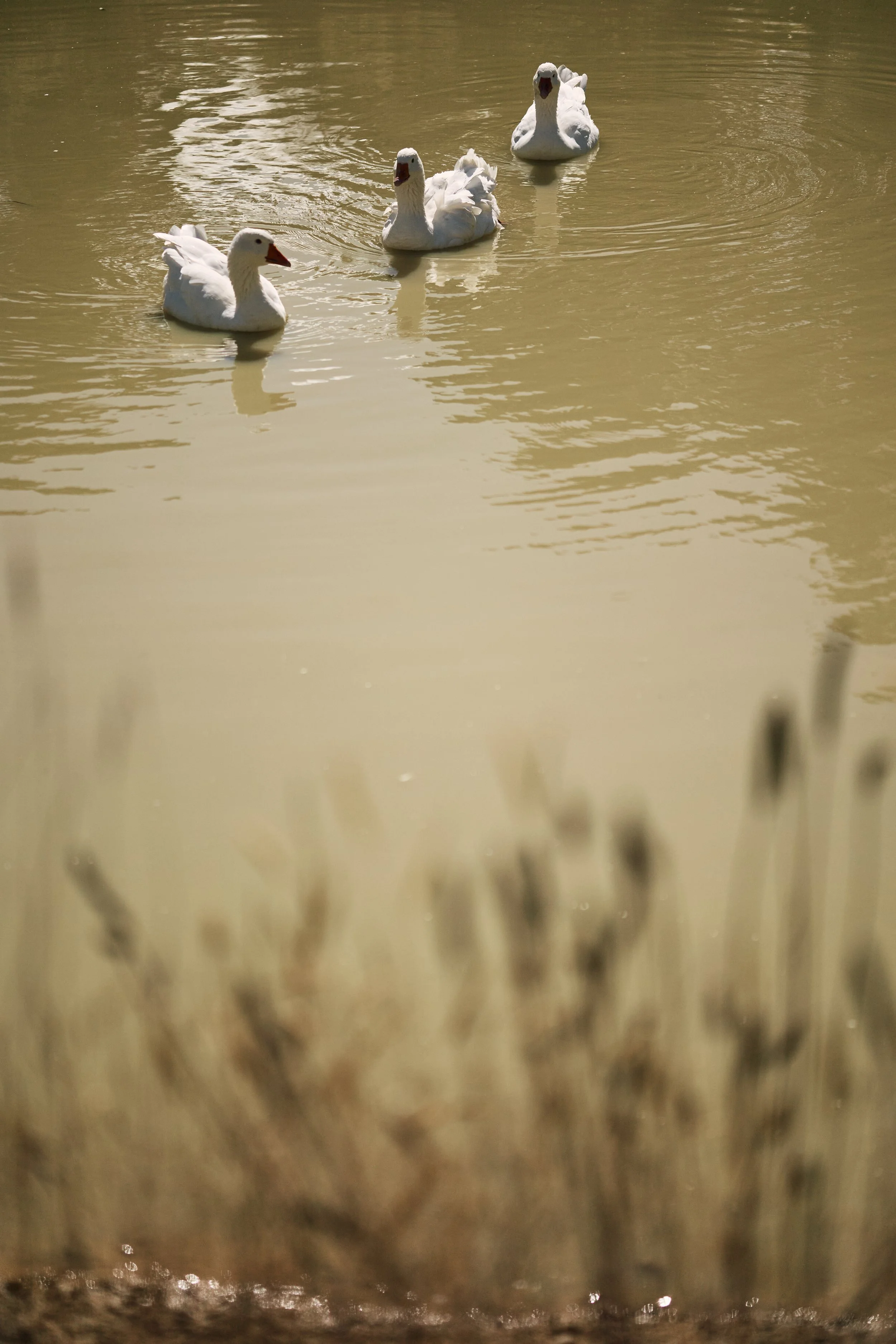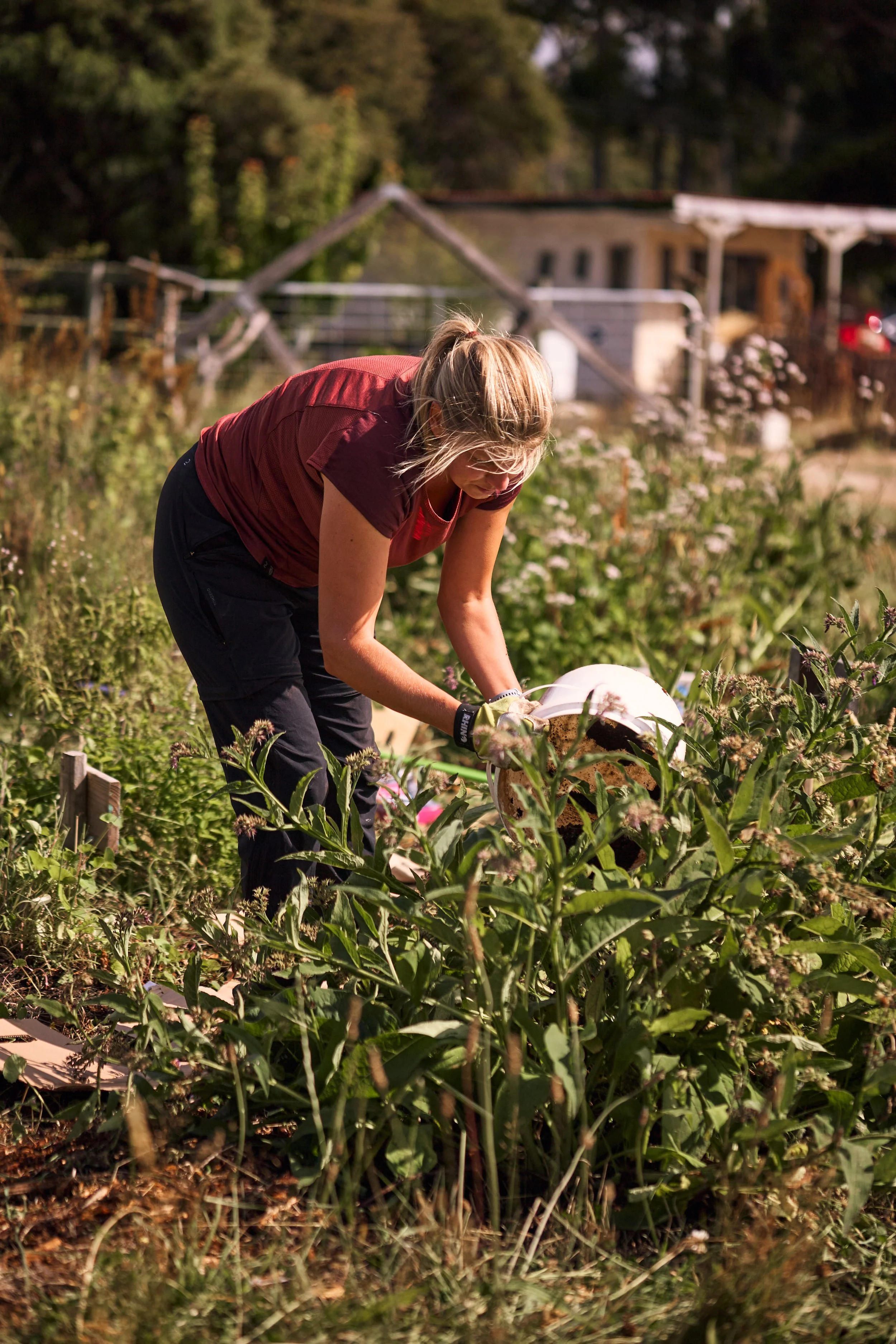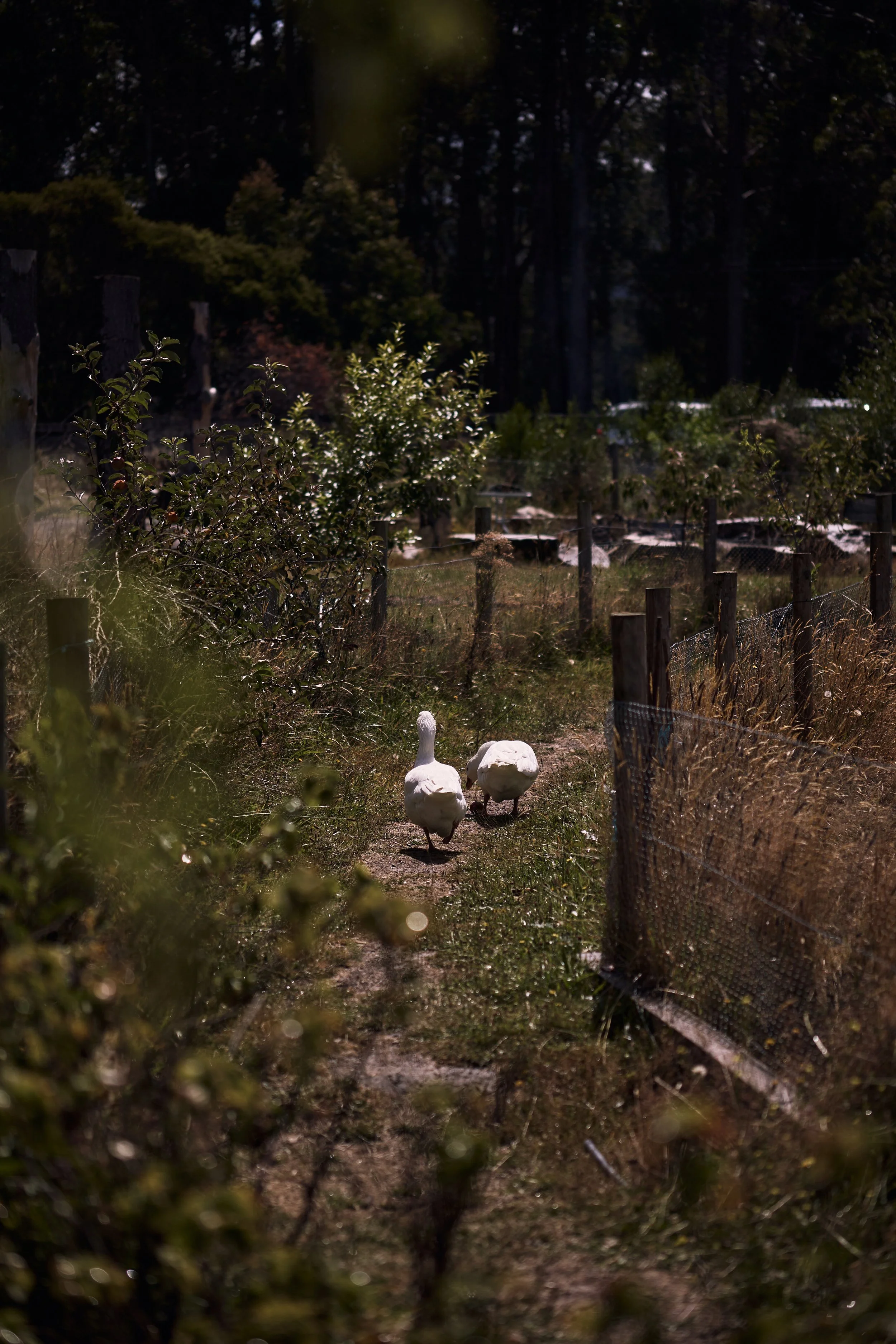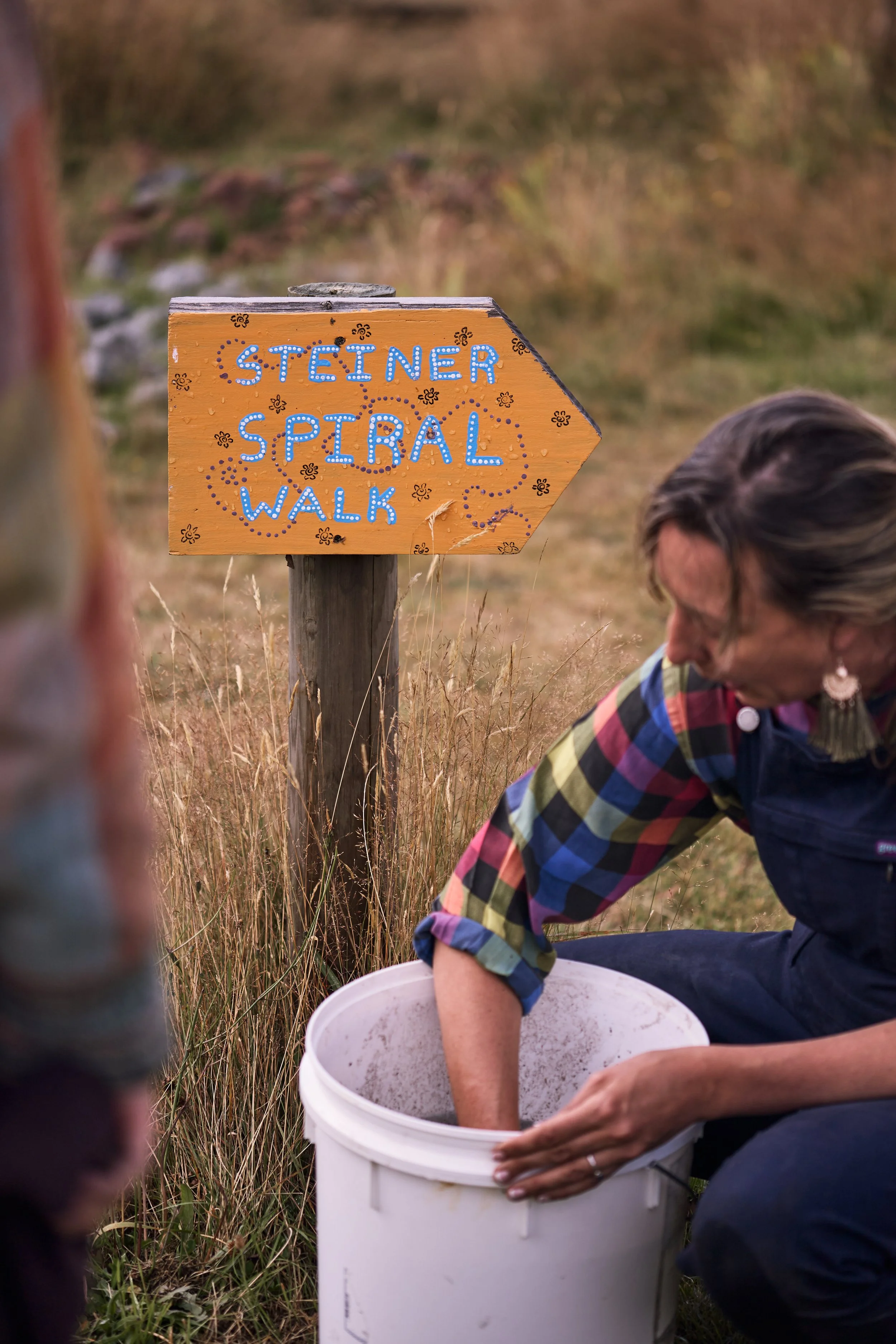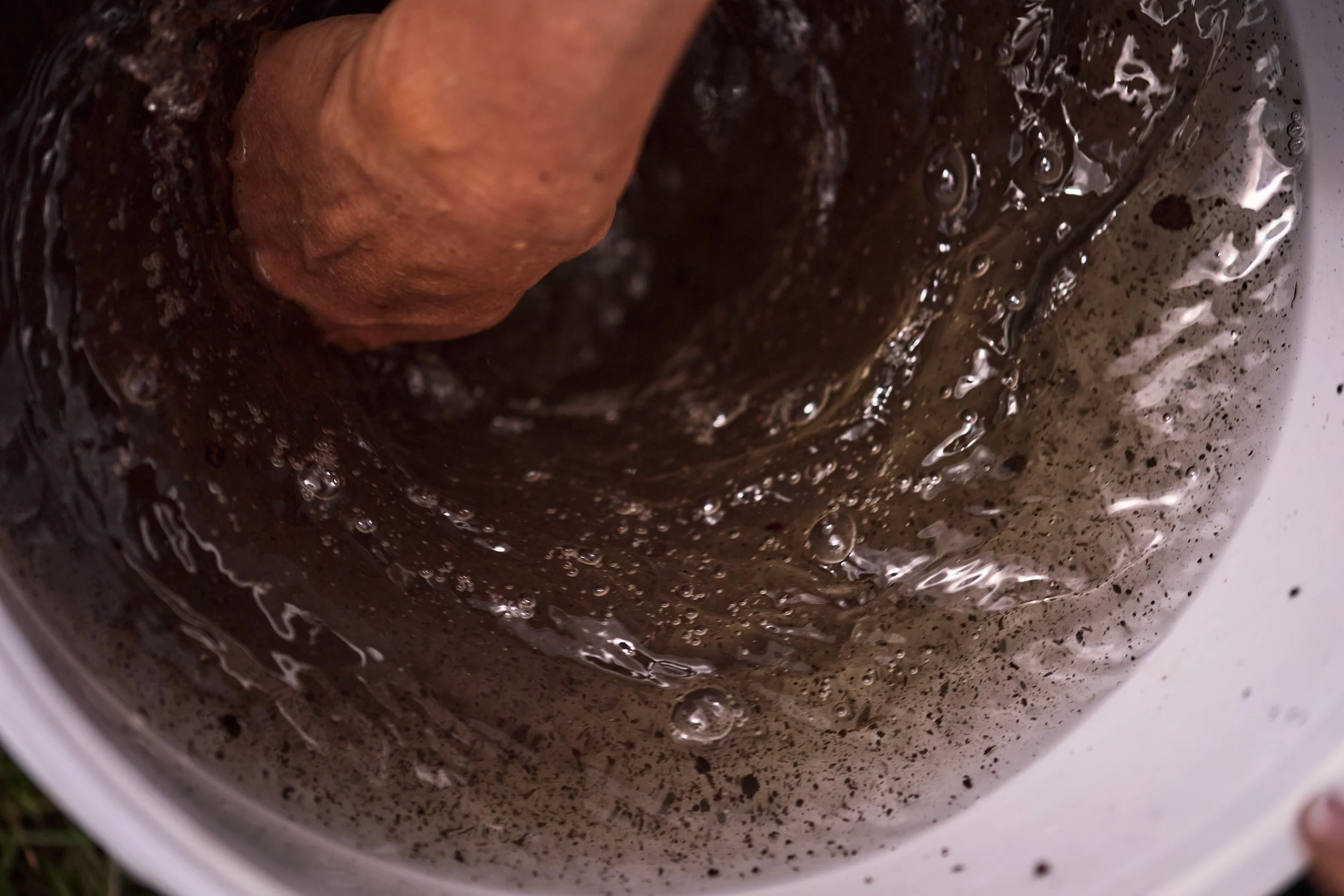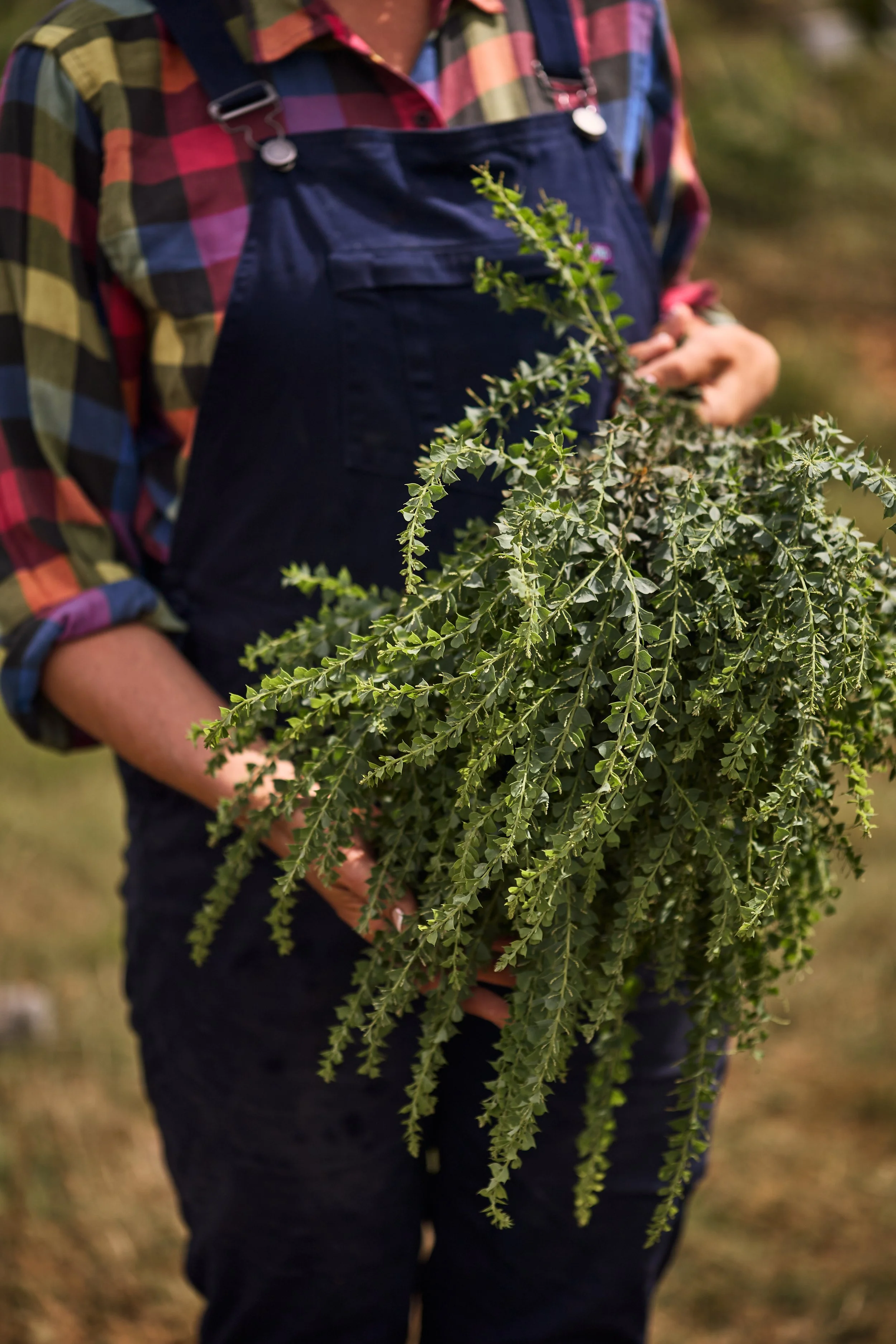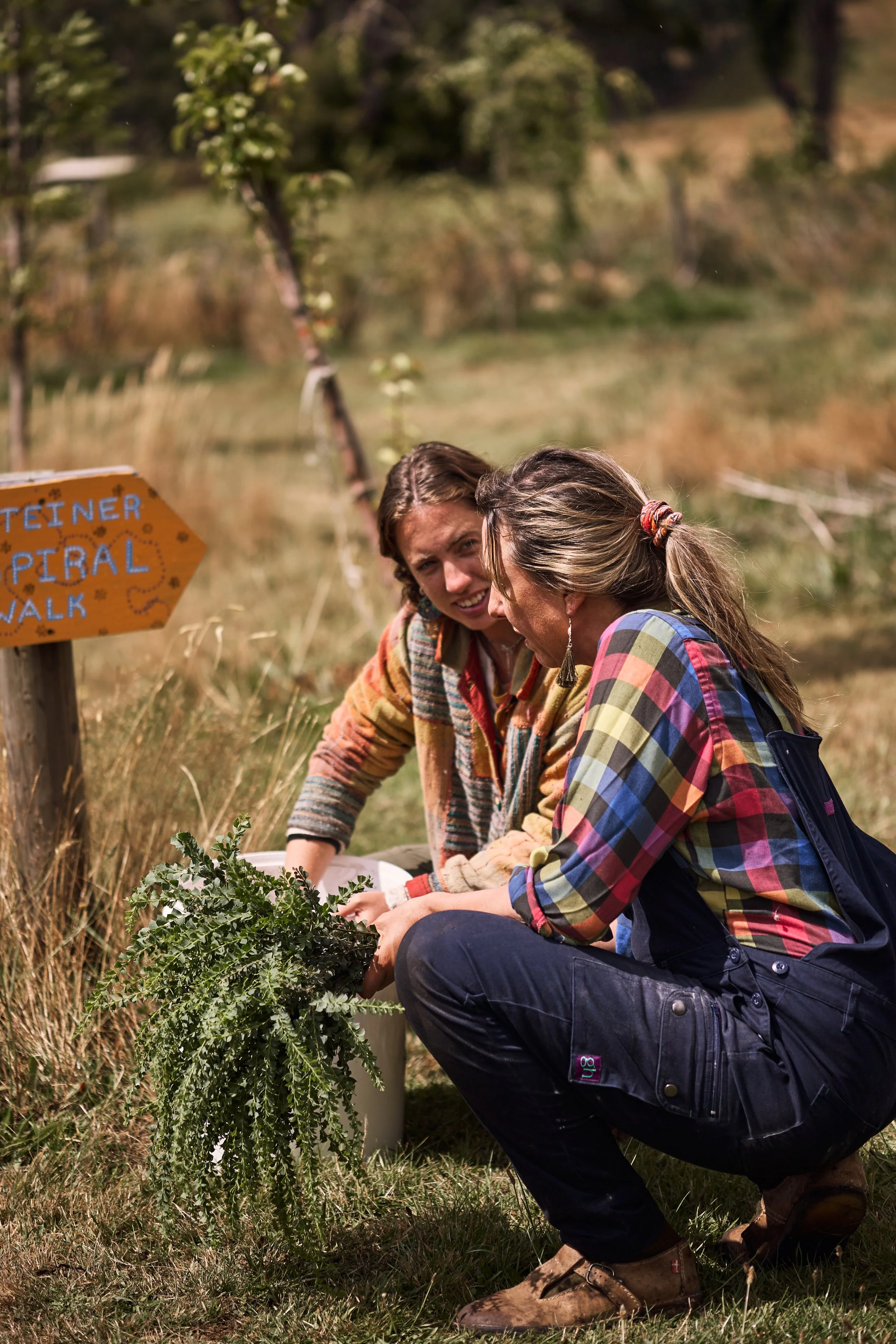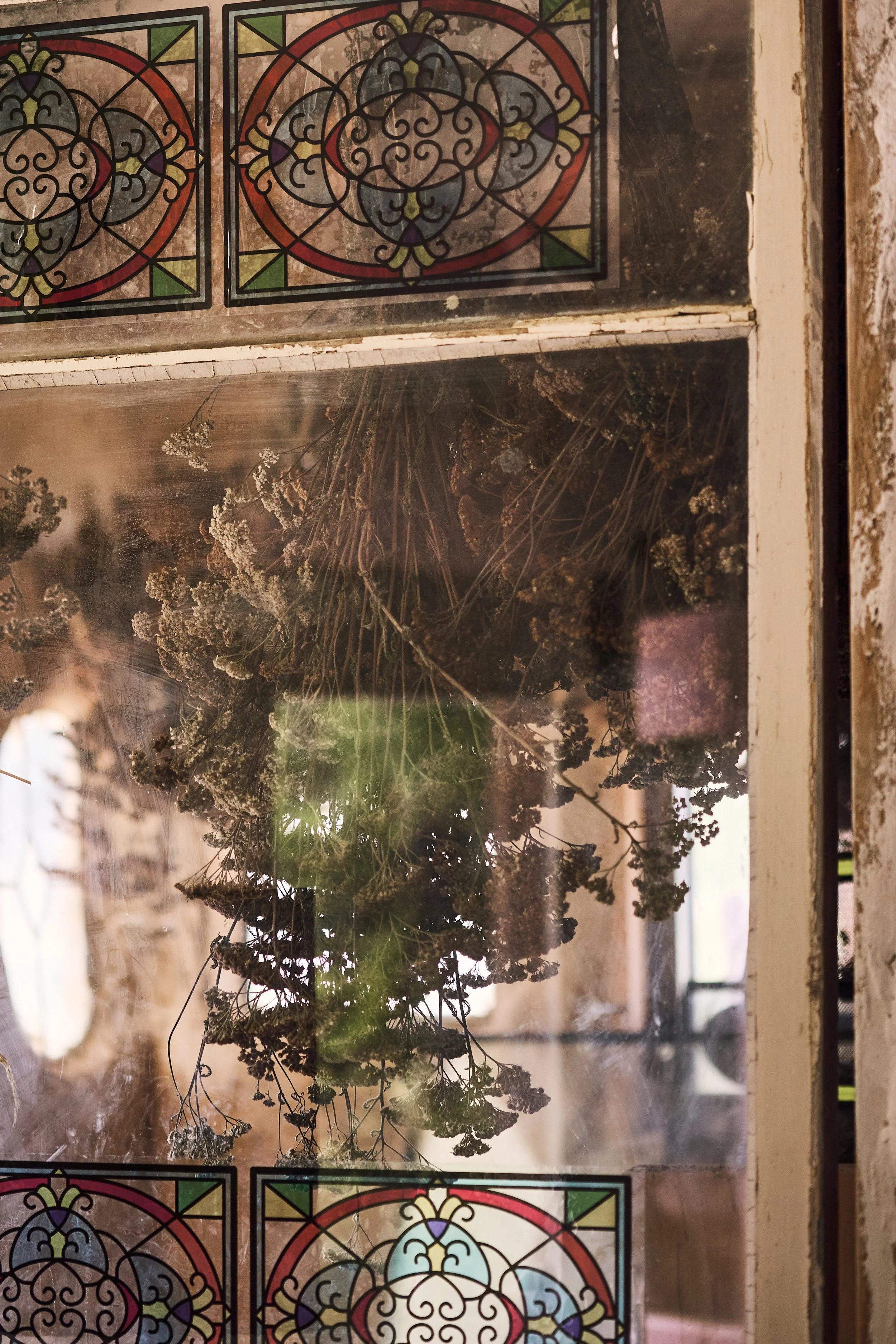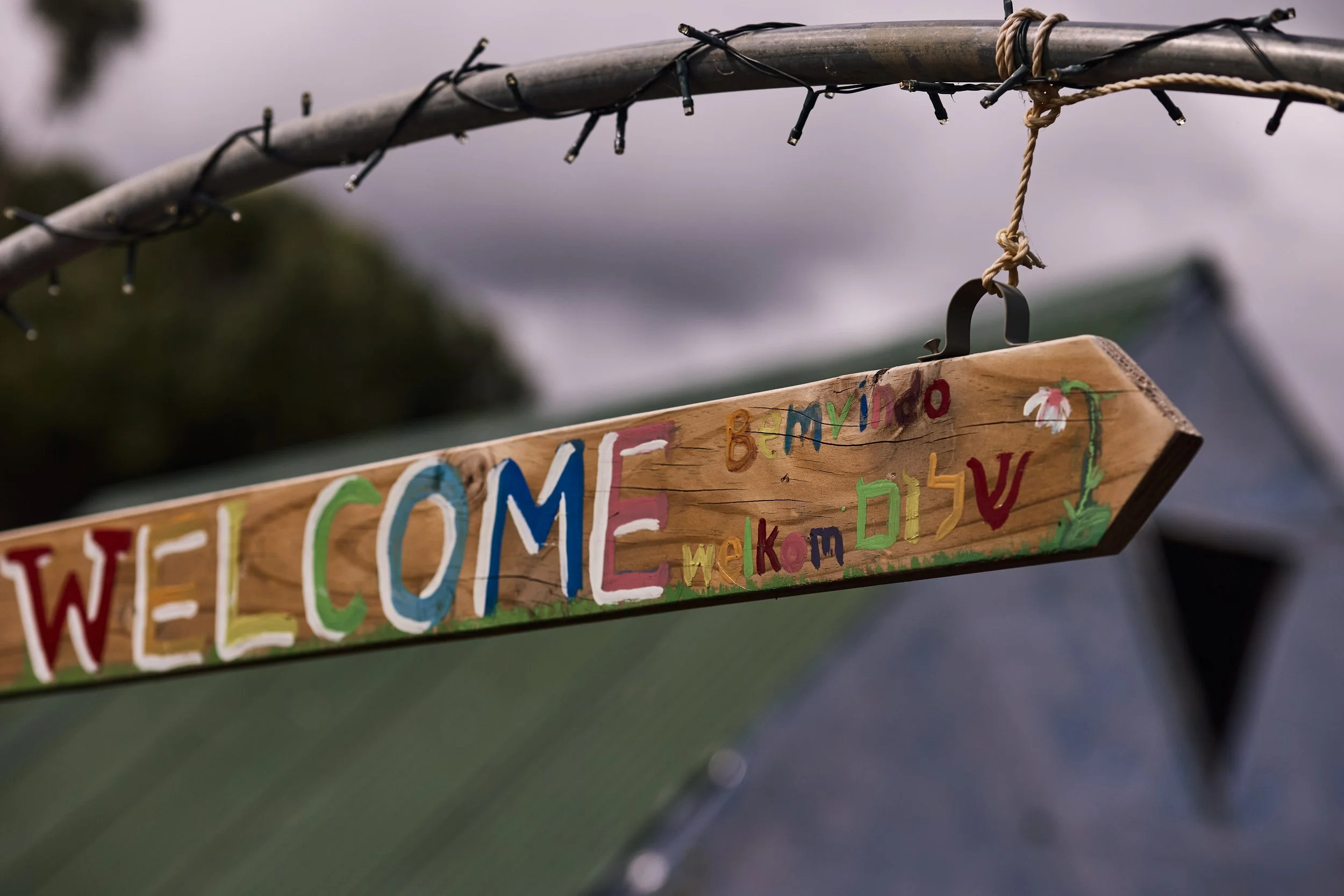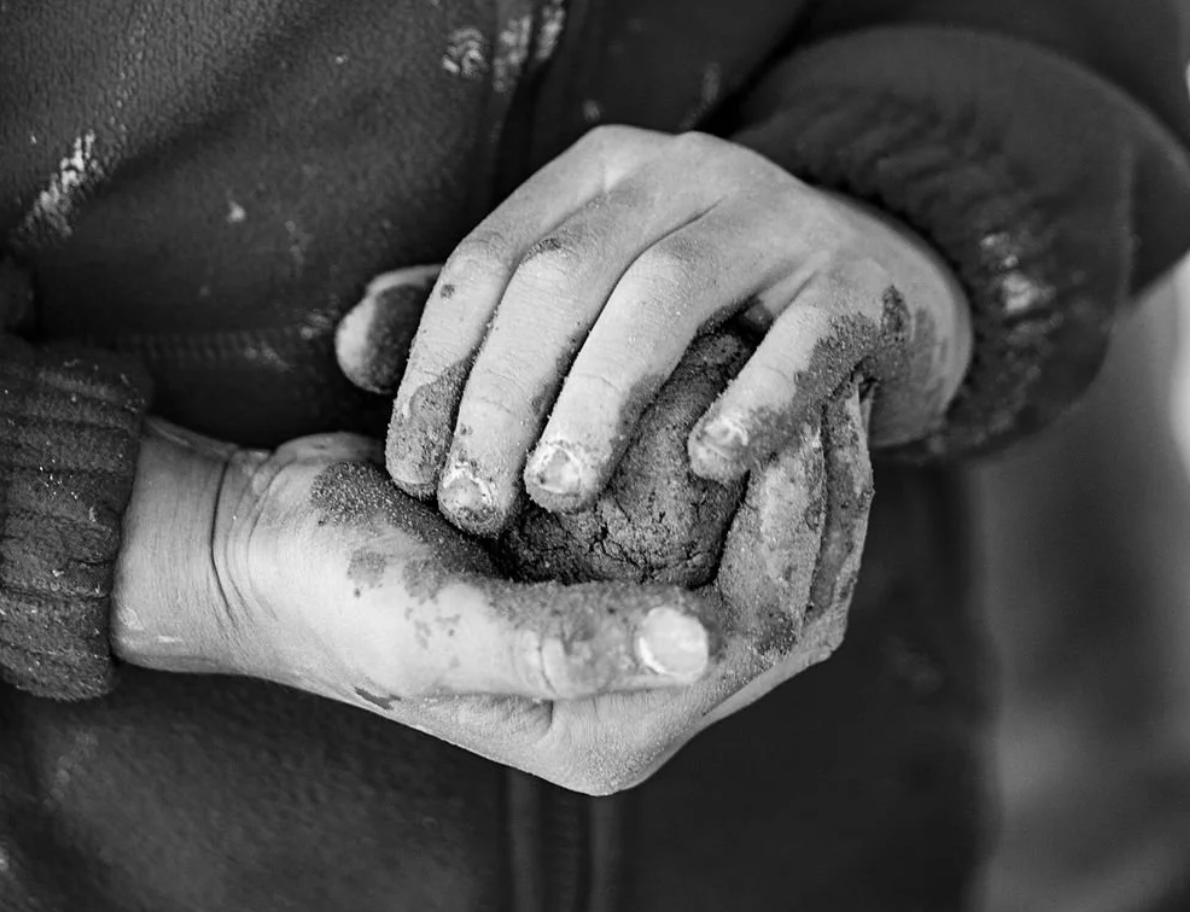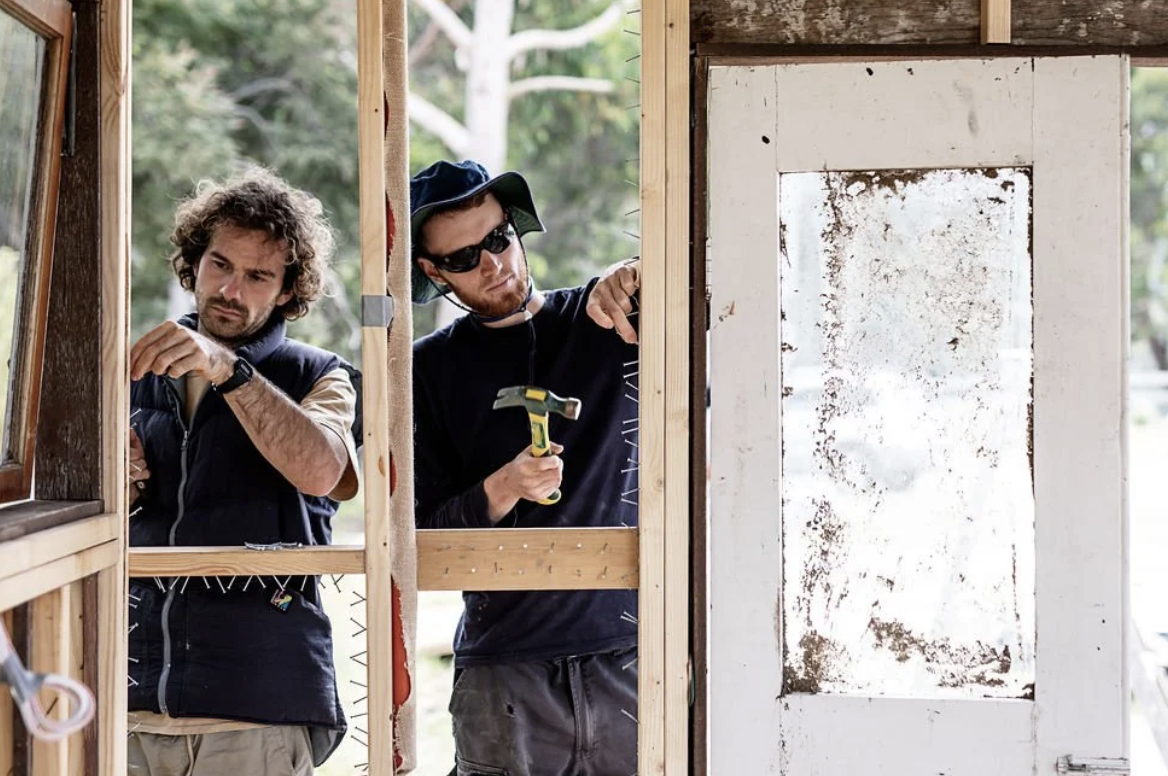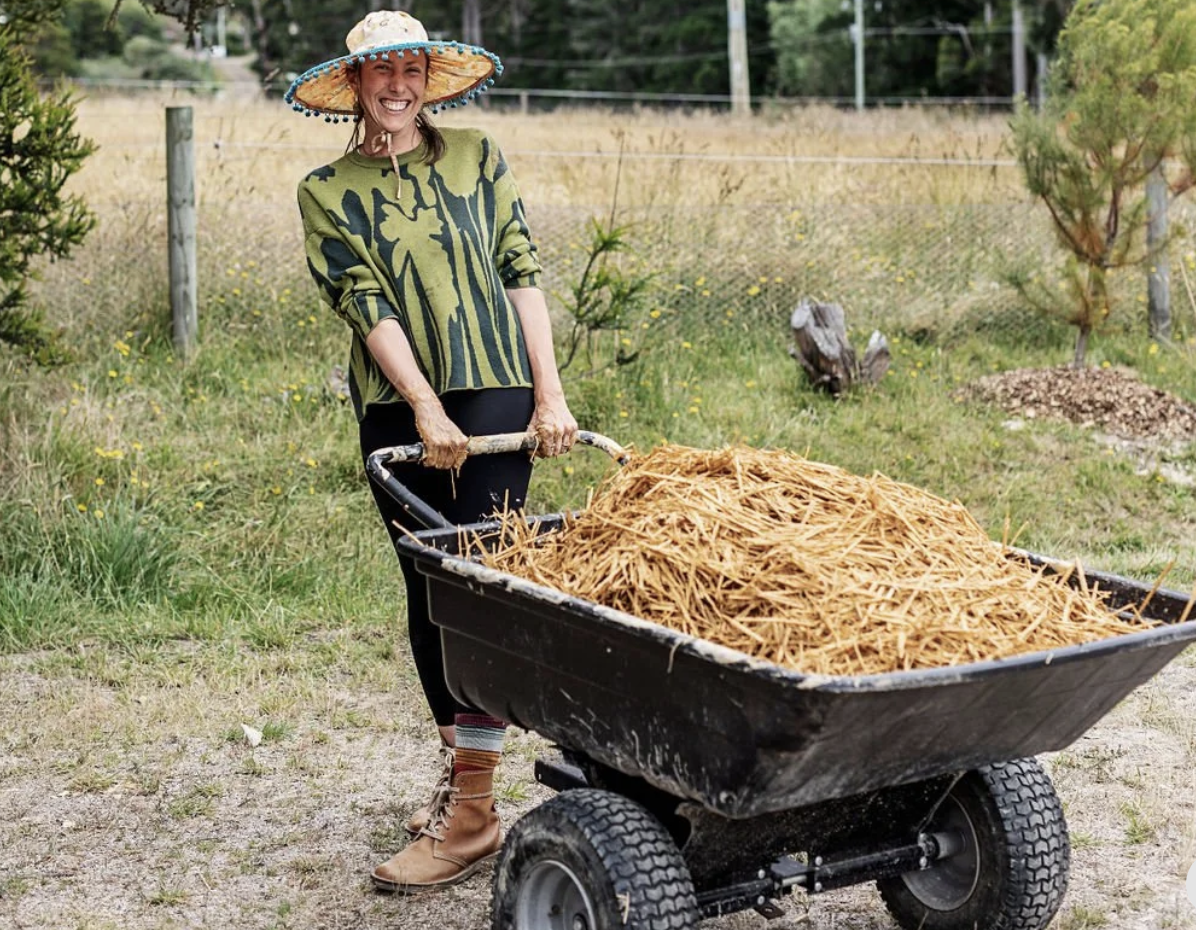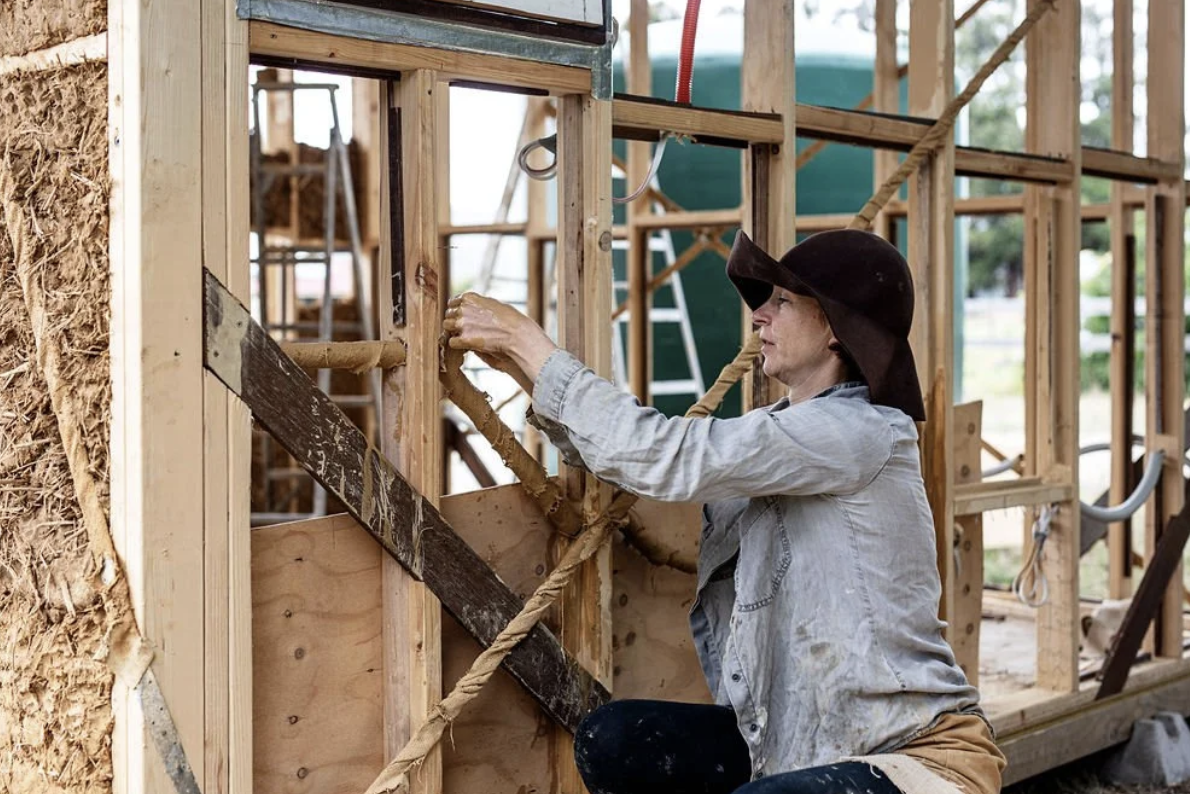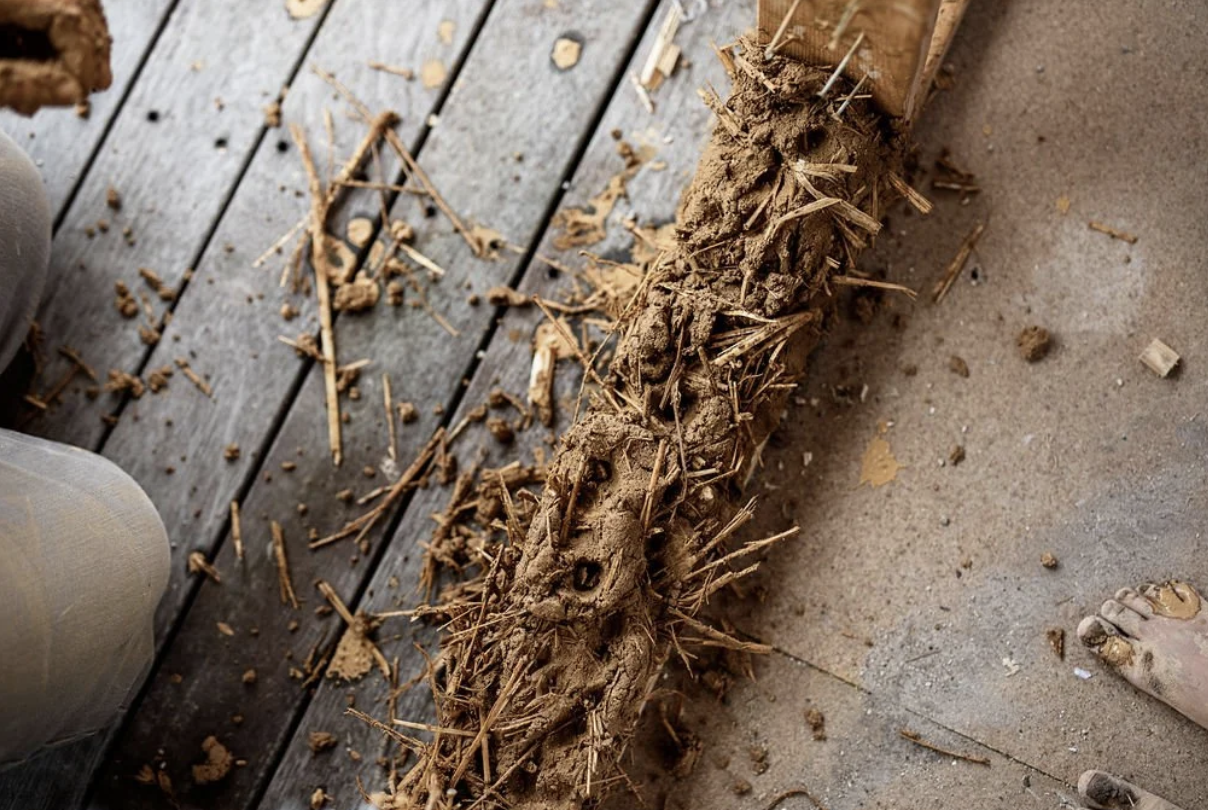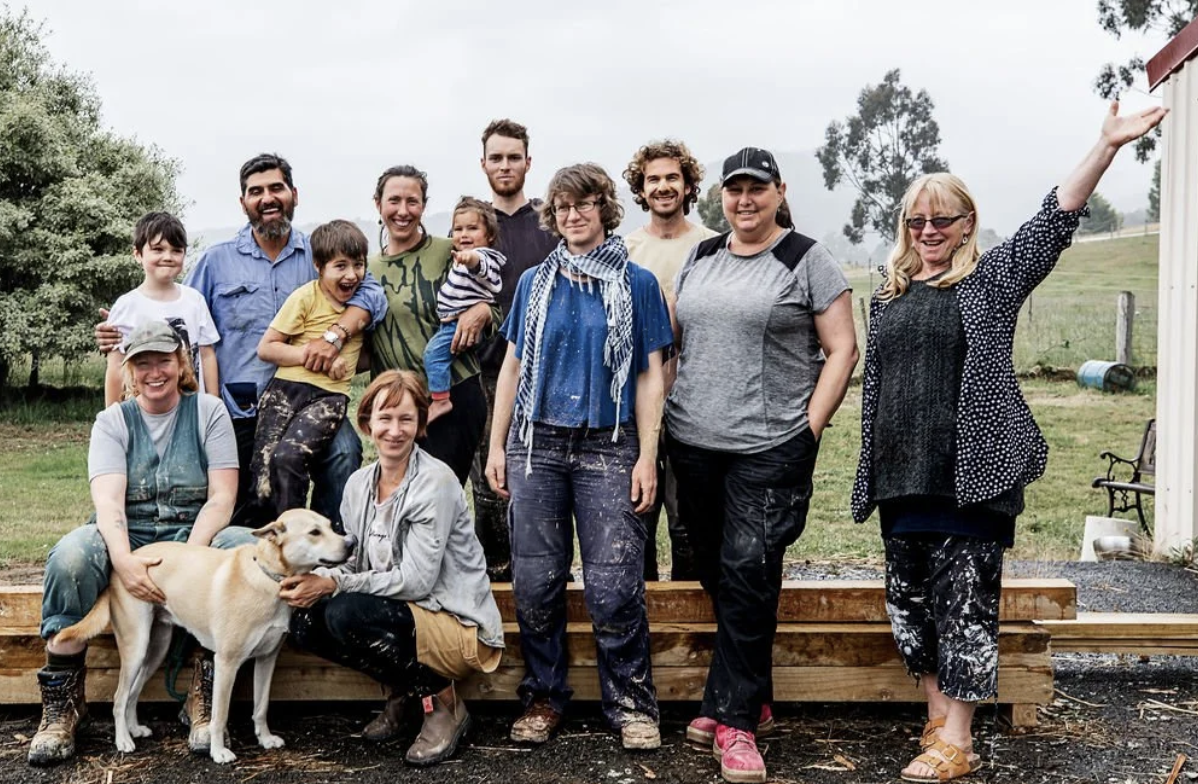Magical Farm – Southern Tasmania / Online (2020 – ongoing)
Founder & Creative Director
A living platform for regenerative practice, rooted on a biodynamic farm and extending into digital space, Magical Farm integrates hands-on learning, community engagement, and visionary small-scale agriculture.
Key Initiatives & Impact:
Delivered 20+ workshops over five years, covering biodynamic farming, composting, herbalism, earth-building, and regenerative practices that respond to the commodification of everyday life.
Hosts Festive Agriculture Gatherings,
Creates flower essences, and aromatherapy blends
Cultivates community connection and embodied learning.
Operates the MagicalMusings blog, reaching 20,000+ readers with seasonal reflections, systems insights, and regenerative thought leadership.
Developed the Tasmanian Herb Garden Prototype, a living laboratory for small-scale, experimental farming and seed culture preservation.
Advocates for policy innovation supporting emerging small-scale farms, including campaigns to expand access to household allowances and resources traditionally geared toward large-scale agriculture.
Strengthens local economies and ecological literacy by demonstrating how small farms can generate community wellbeing, education, and resilient food systems.
Broader Vision & Approach:
Magical Farm operates through a living systems framework, linking farm practice, community education, and policy engagement into an integrated approach for regenerative transformation. The farm itself is a “proof-of-concept” for small-scale, biodynamic agriculture, while workshops, community events, and digital content create knowledge flows, empowering local citizens to engage with and replicate regenerative practices.
At the policy level, Magical Farm demonstrates the potential for government and philanthropic support to be redirected into actionable community outcomes rather than abstract consultancy reports. It advocates for frameworks that:
Support emerging, small-scale farmers with equitable access to resources and infrastructure.
Promote local economic resilience by strengthening community-based food systems.
Embed ecological literacy across schools, communities, and local governance.
Provide safe-to-fail experimental spaces, allowing innovation without institutional risk aversion.
By uniting practical experimentation, systemic thinking, and policy advocacy, Magical Farm models how regenerative living can be both immediate and scalable, cultivating ecological, social, and economic resilience at the community level.
Policy Innovation Project: National Small-Scale Farms & Festive Agriculture Scheme - “Magical Farms Australia” (2025 onwards)
Vision:
To transform Australia’s regional and peri-urban food systems by supporting small-scale regenerative farms as economic, social, and cultural hubs. Inspired by Magical Farm Tasmania, this initiative enables communities to connect with local food, seasonal cycles, and place-based cultural practices, while creating sustainable livelihoods for small-scale farmers.
Scope:
Support for 5,000–10,000 small-scale farms across 350–400 regional and peri-urban LGAs.
Farms to host seed libraries, crop swaps, local food markets, workshops, and festivals, building social capital and ecological literacy.
Inclusion of Aboriginal and Torres Strait Islander communities and the Northern Territory to ensure equitable access and support for culturally significant food practices.
Key Components:
Small-Scale Farmer Support
Extend a Farm Household Allowance-like subsidy (~$800/fortnight) to small-scale farmers earning less than $60k/year (not just farmers on 60k+!)
Recognise seasonal income variability and investment costs inherent to regenerative farming.
Local Government & Planning Reform
Streamline approvals for tiny houses, drying/storage sheds, natural building options, and worker&volunteer accommodation.
Enable farmers to host educational programs, food processing, and community workshops.
Encourage councils to integrate farms into economic, cultural, and arts programs, recognizing them as community hubs.
Festive Agriculture & Community Engagement
Fund local festivals, farm stays, workshops, and gastronomic experiences to reconnect communities to the land.
Encourage intergenerational and cross-cultural learning.
Provide online platforms for knowledge sharing, enabling communities to co-design, exchange ideas, and reduce social isolation.
Economic, Social & Cultural Impacts:
Economic: Estimated $300–$500 million/year injected into local food economies; growth in tourism, construction, and services around farm hubs.
Social: Strengthens community cohesion, civic engagement, and ecological literacy; millions of Australians gain hands-on experience in sustainable food systems.
Cultural: Farms become living hubs for storytelling, seasonal celebrations, culinary heritage, and Indigenous food knowledge.
National Reach:
Potential to transform thousands of regional towns and peri-urban areas, creating a resilient, decentralised, and culturally rich food system.
Farms act as catalysts for local empowerment, skill development, and regenerative economic growth.
Outcome:
“Magical Farms Australia” envisions a future where small-scale, community-focused farms are celebrated, supported, and integrated into national food, culture, and economy strategies. This project shifts public investment from abstraction to tangible outcomes, fostering resilient landscapes, thriving communities, and regenerative livelihoods.
